Resource Library
Recent

Glycolic Acid Safety & Handling
A common alpha-hydroxy acid (AHA) in chemical peels, industrial cleaning solutions, skincare products, and lab research is glycolic acid. It has significant safety concerns even though it's a useful ingredient in all of these industries. The answer to the question "Is glycolic acid safe?" depends solely on how it is handled, stored, and concentrated. It is frequently found in cosmetics at low concentrations, but without the right safety measures, it can be toxic, corrosive, and dangerous, especially at higher concentrations. Working with glycolic acid safely and responsibly requires an understanding of its hazards.
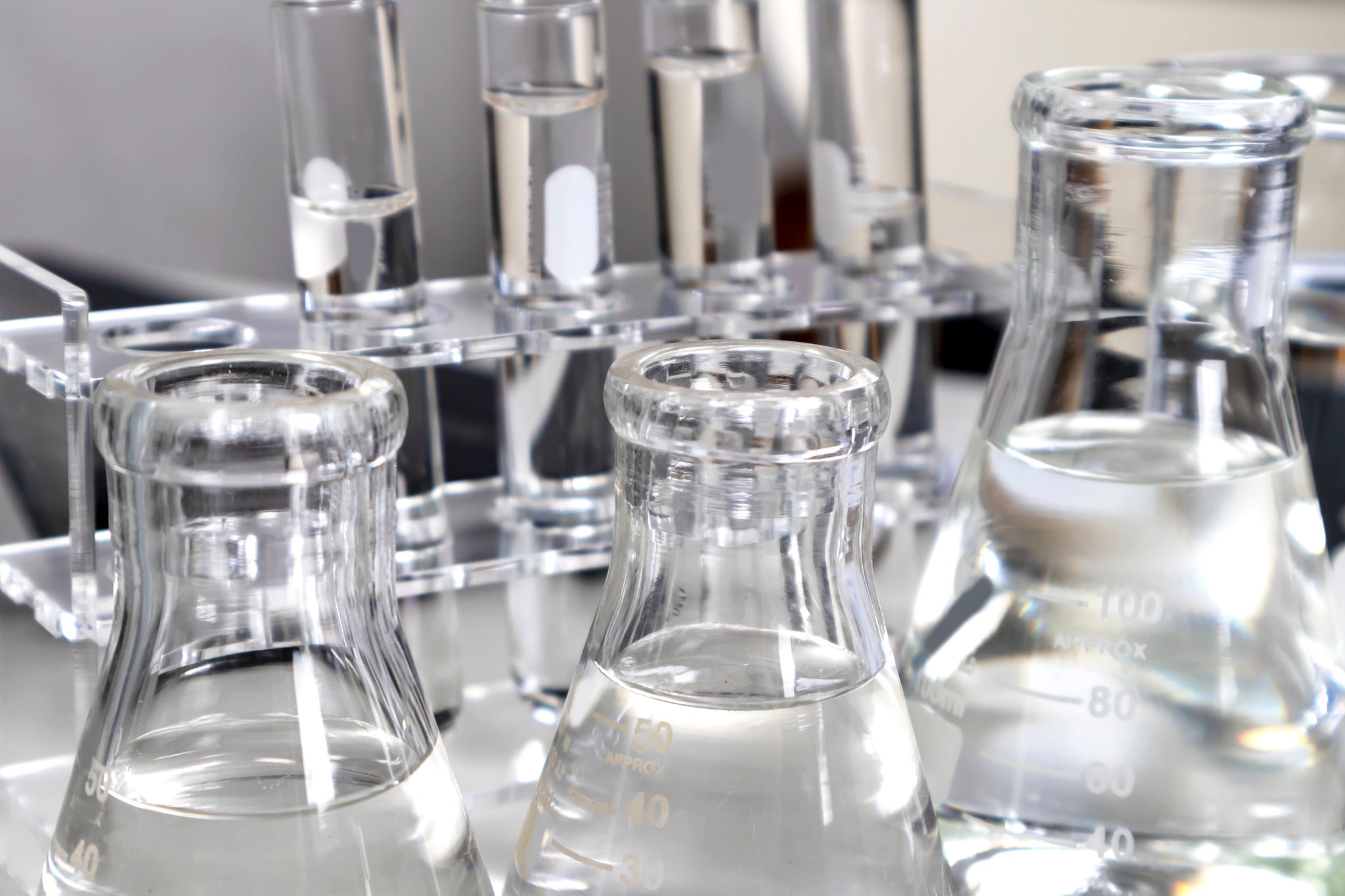
Types of Glycolic Acid
Alpha-hydroxy acids (AHAs) like glycolic acid are frequently used and have a variety of uses. It is a very practical chemical that finds use in everything from skincare products to pharmaceuticals, as well as in industrial, scientific, and even agricultural settings. Glycolic acid comes in a variety of forms based on its intended use, so it's critical to understand which form, grade, and purity are required for each. Selecting the appropriate type is also crucial to ensure that it operates correctly and safely, in addition to adhering to industry standards.

Neutralizing Glycolic Acid
Anyone working with glycolic acid in a lab, industrial setting, or even in skincare formulations needs to know how to neutralize it. Neutralization guarantees adherence to legal and environmental requirements in addition to assisting with safety and appropriate disposal. Glycolic acid, like other alpha-hydroxy acids (AHAs), can be hazardous if not handled or disposed of properly and is corrosive in high concentrations.
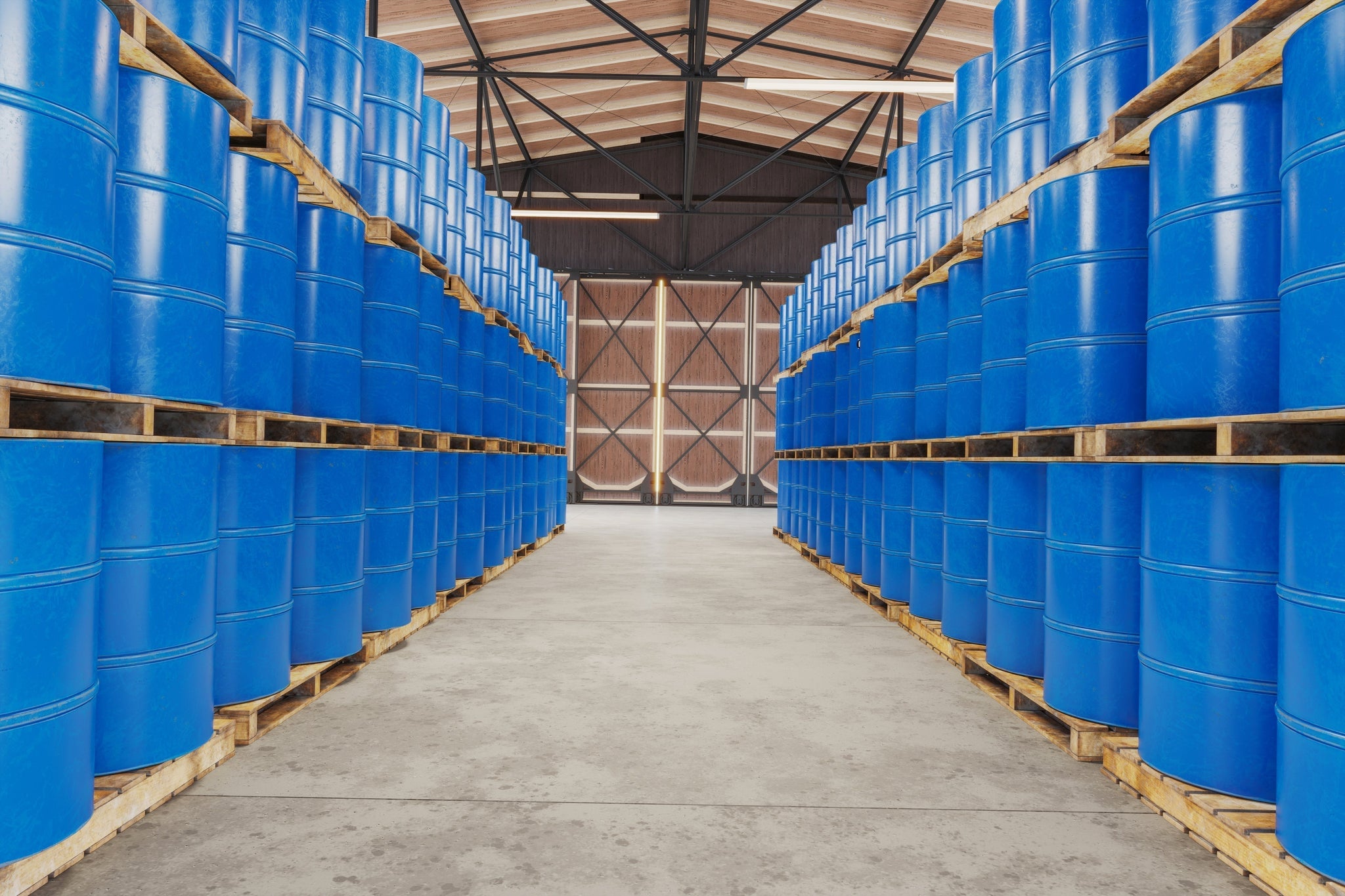
How to Store Glycolic Acid
A common alpha-hydroxy acid (AHA), glycolic acid is well-known for its efficacy in chemical peels, skincare products, and other industrial uses. To preserve its strength, stability, and safety, glycolic acid must be stored properly. Chemical deterioration, loss of efficacy, and even safety risks like skin irritation or unintended chemical reactions can result from improper storage. The solution to the question of how to store glycolic acid is to adhere to stringent safety procedures, material compatibility, and storage conditions.
STAY UP TO DATE
Subscribe to Lab Alley Blog for the latest Essential Chemicals news.
Top Blog Categories
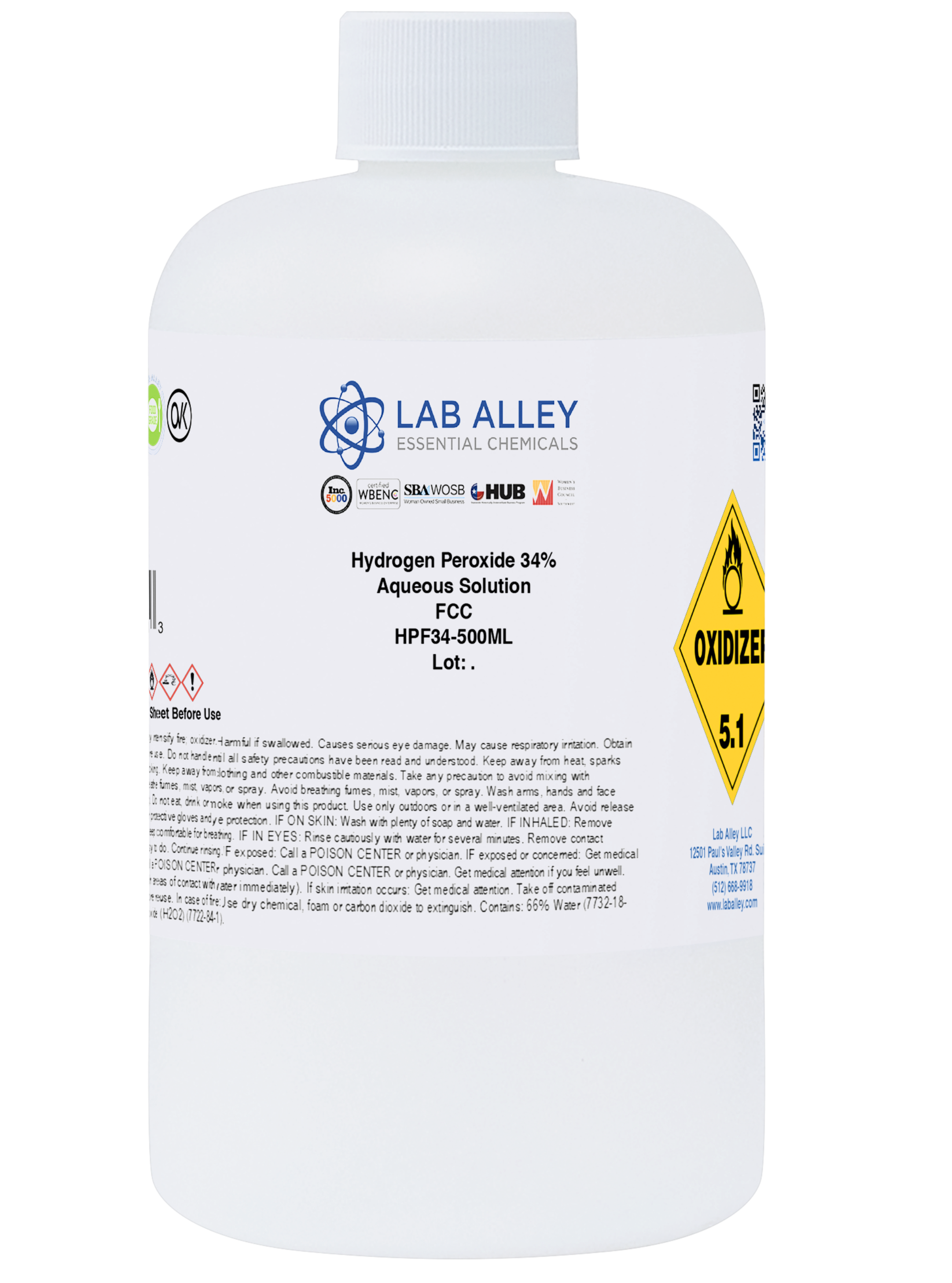
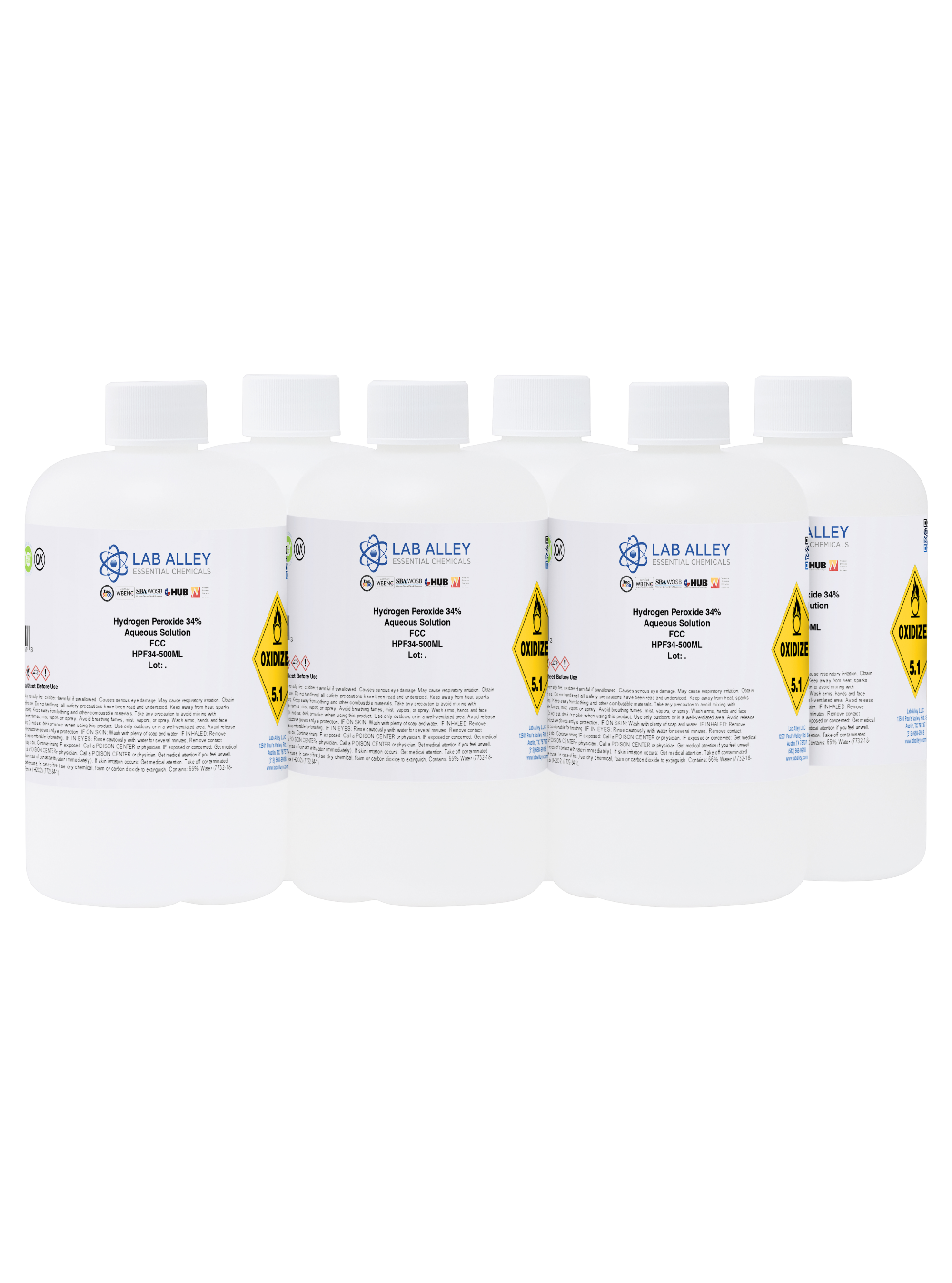
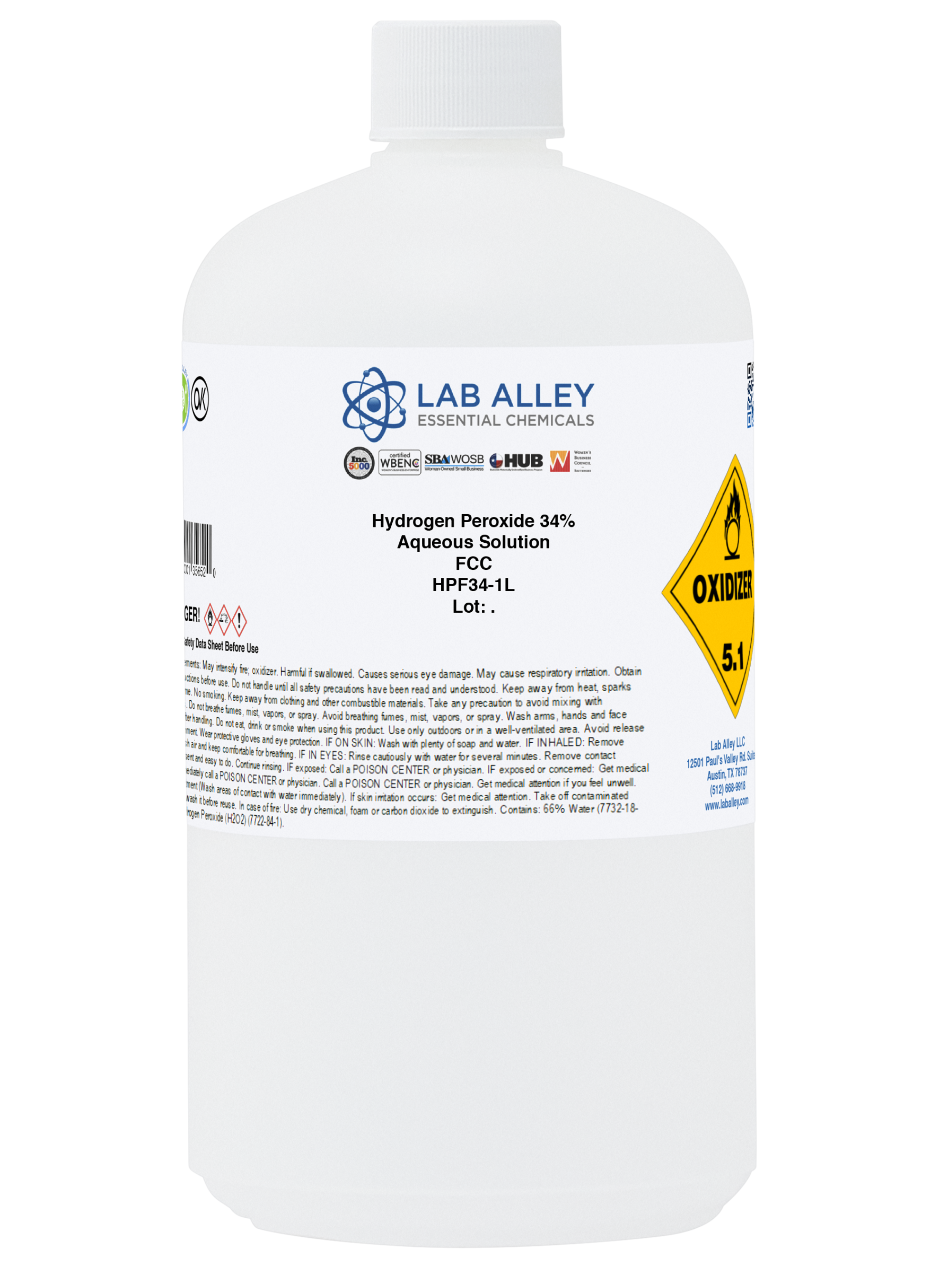
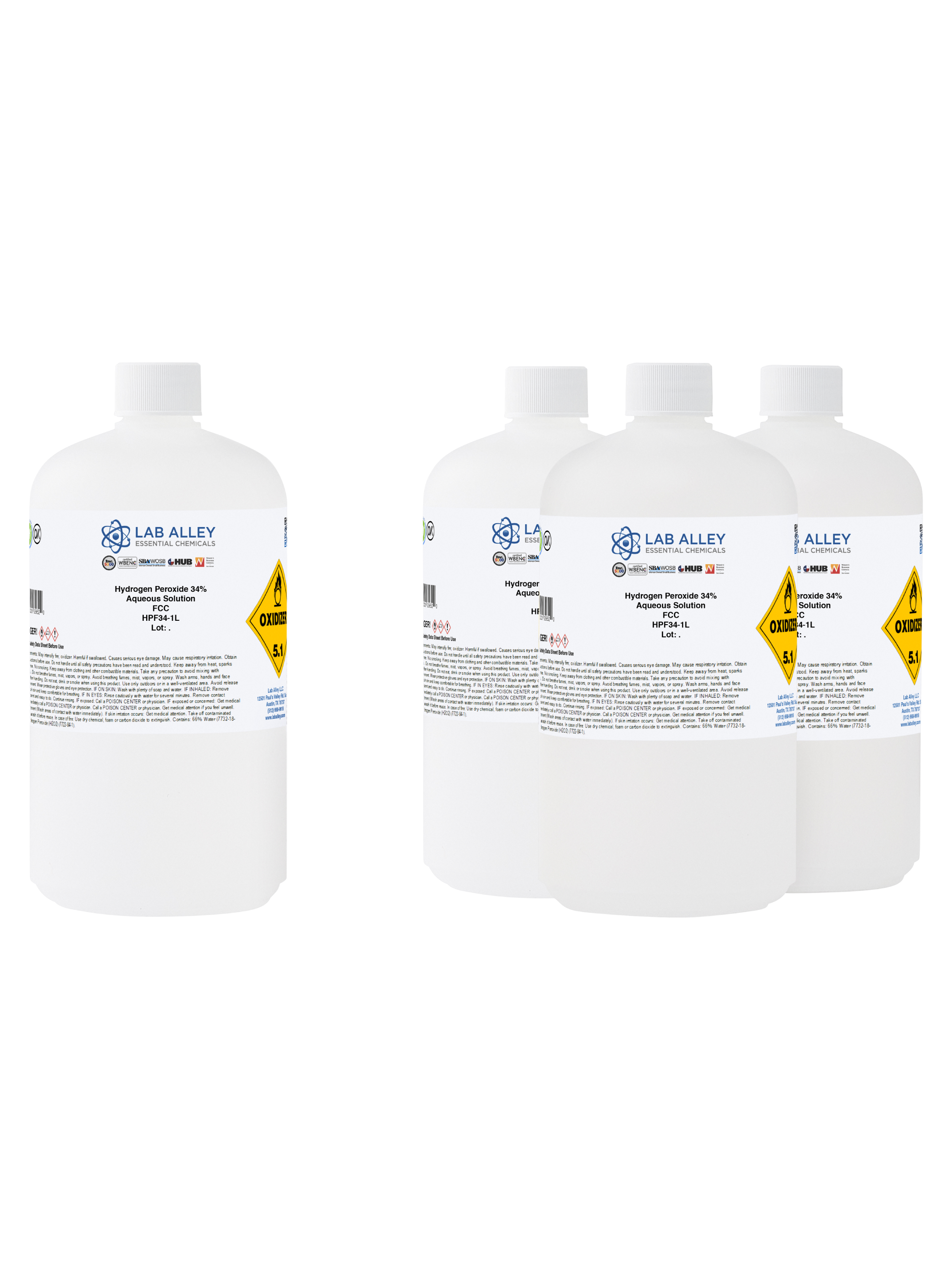
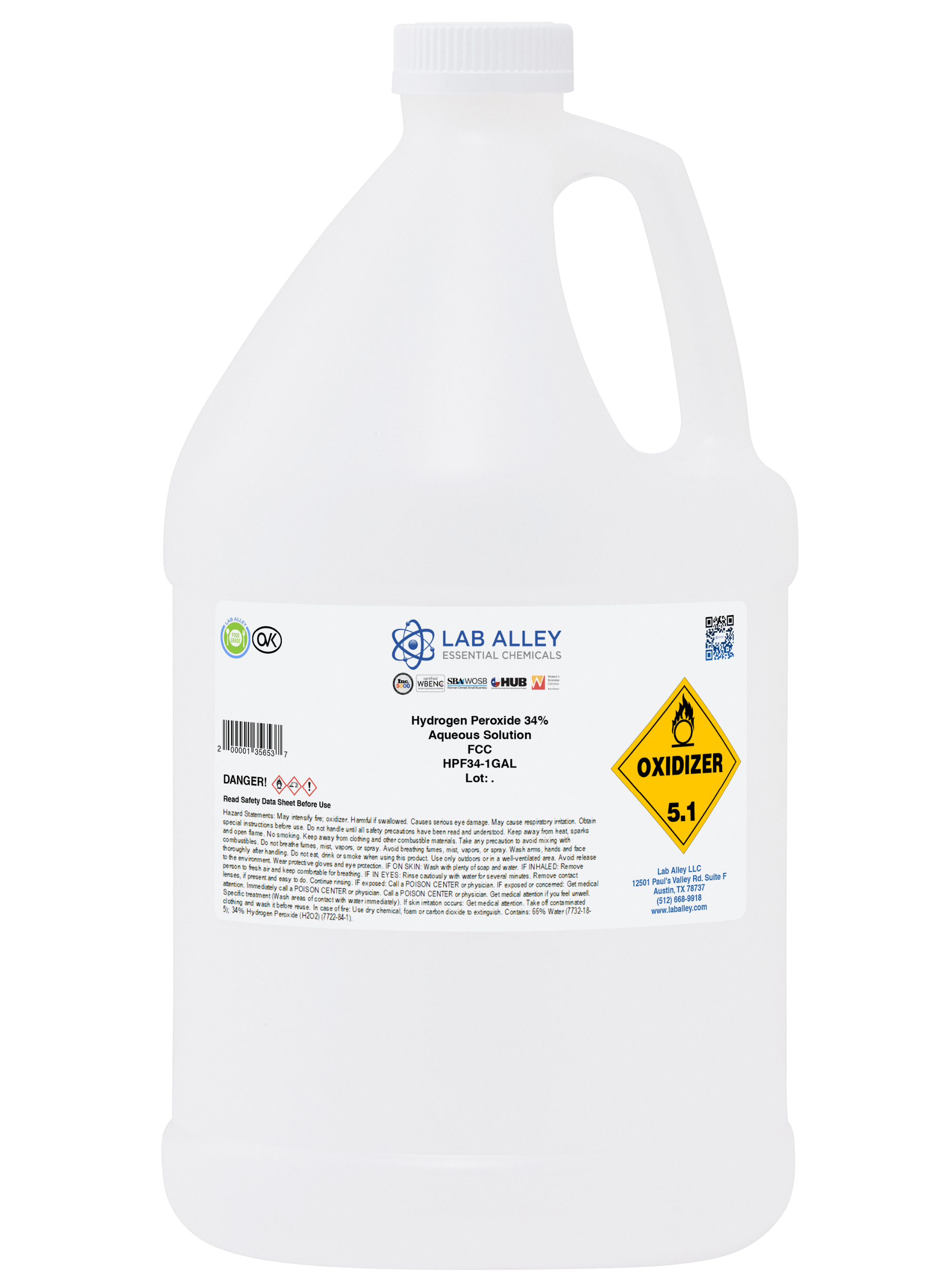
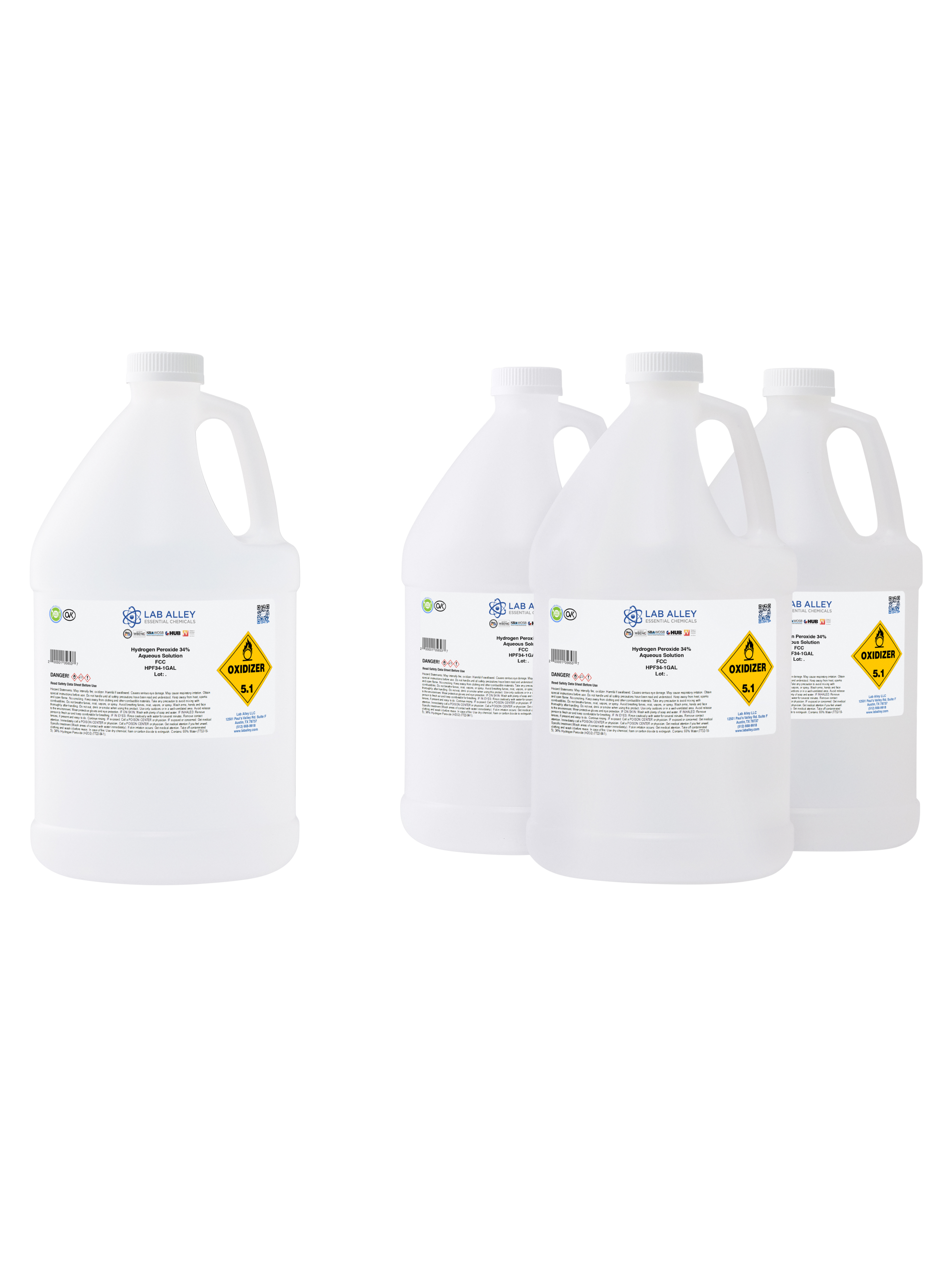
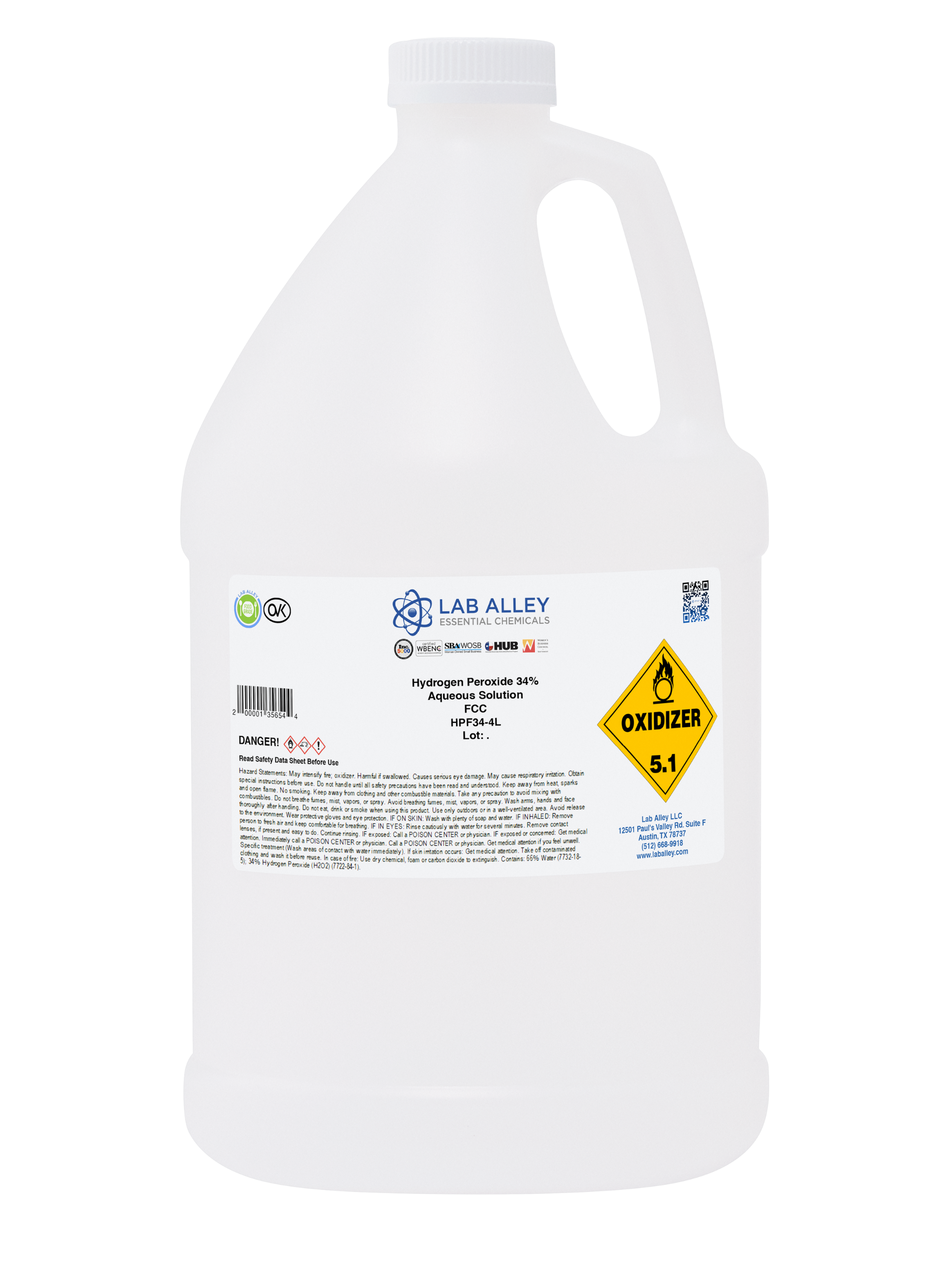
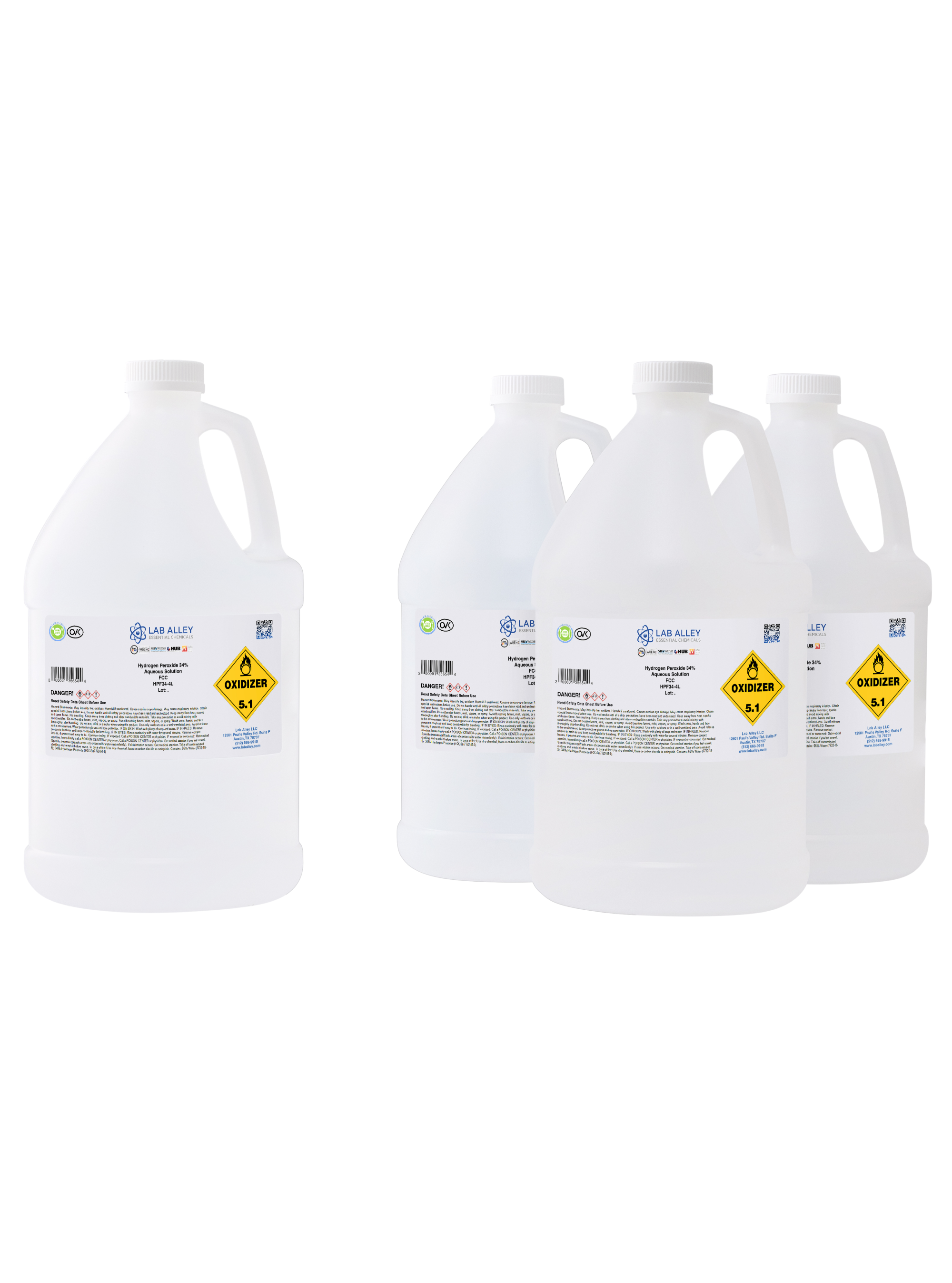
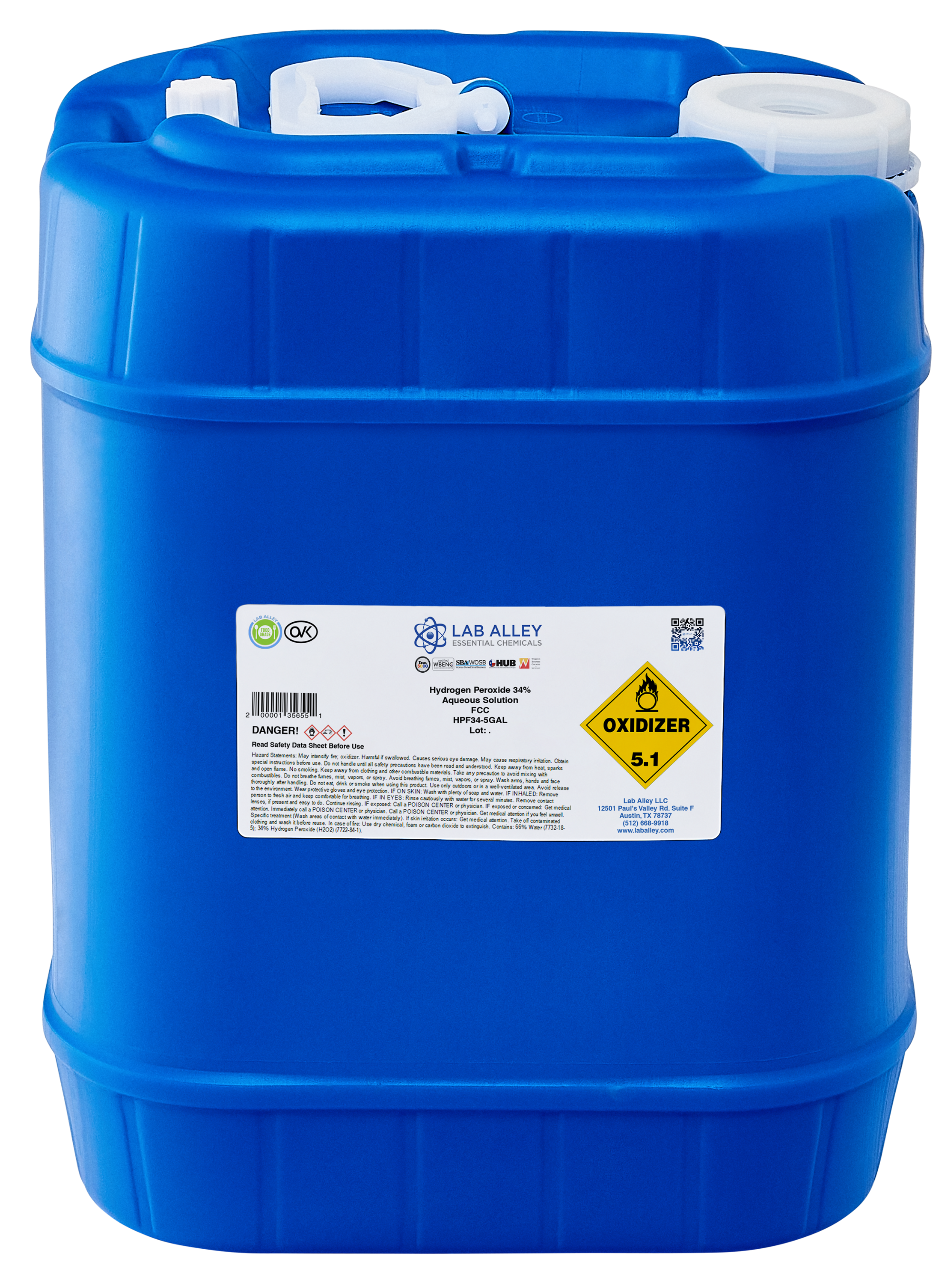
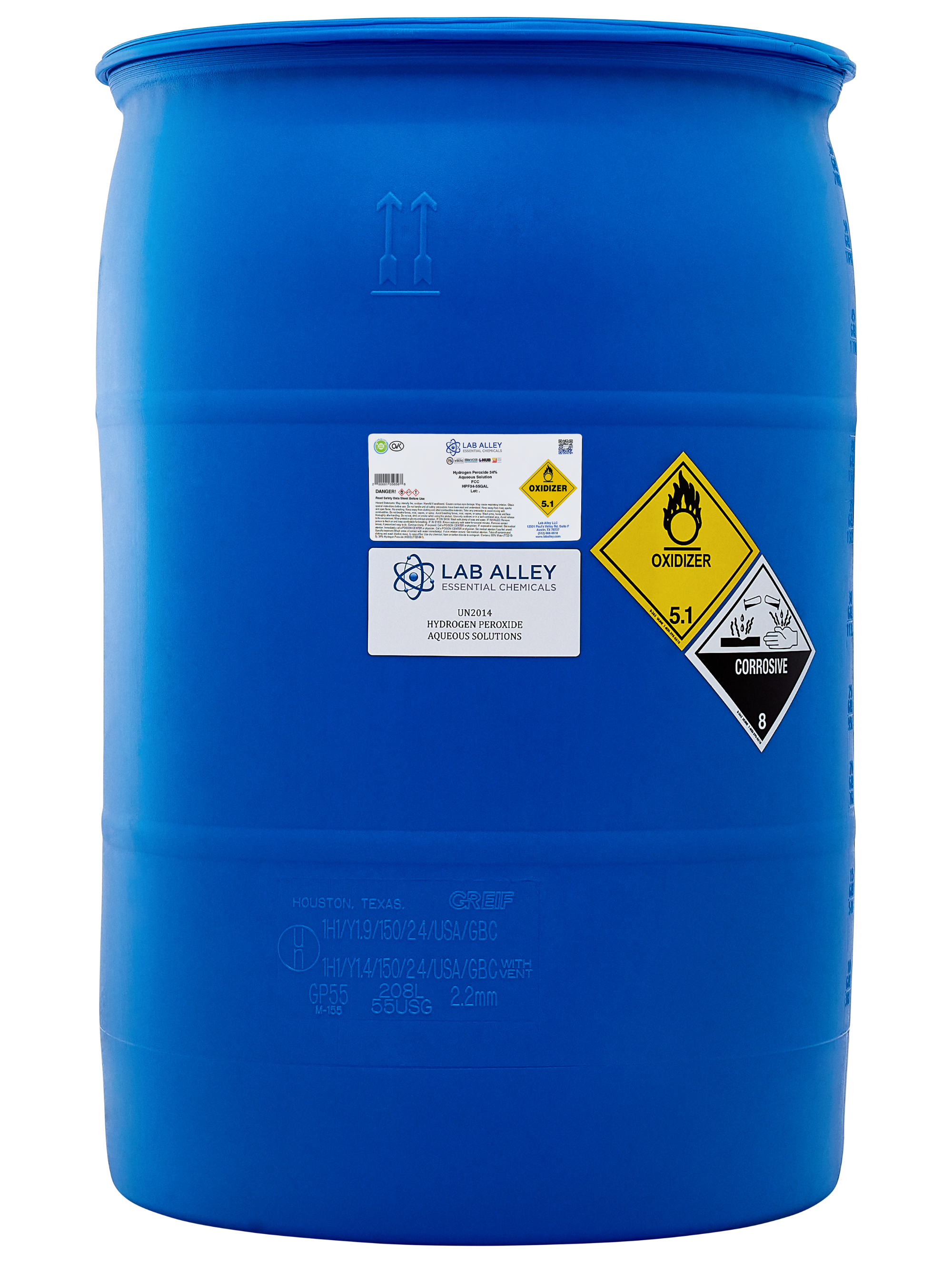
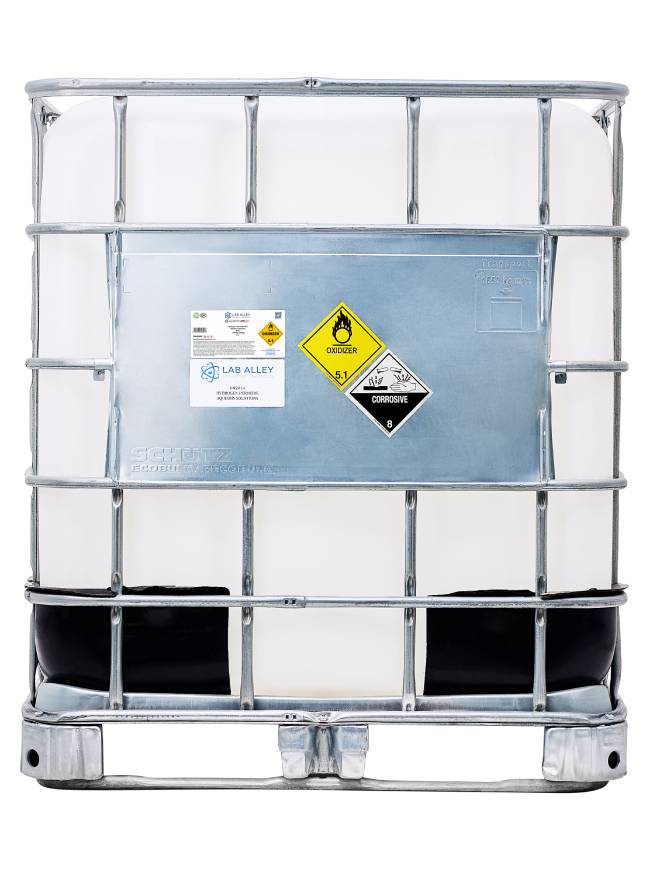
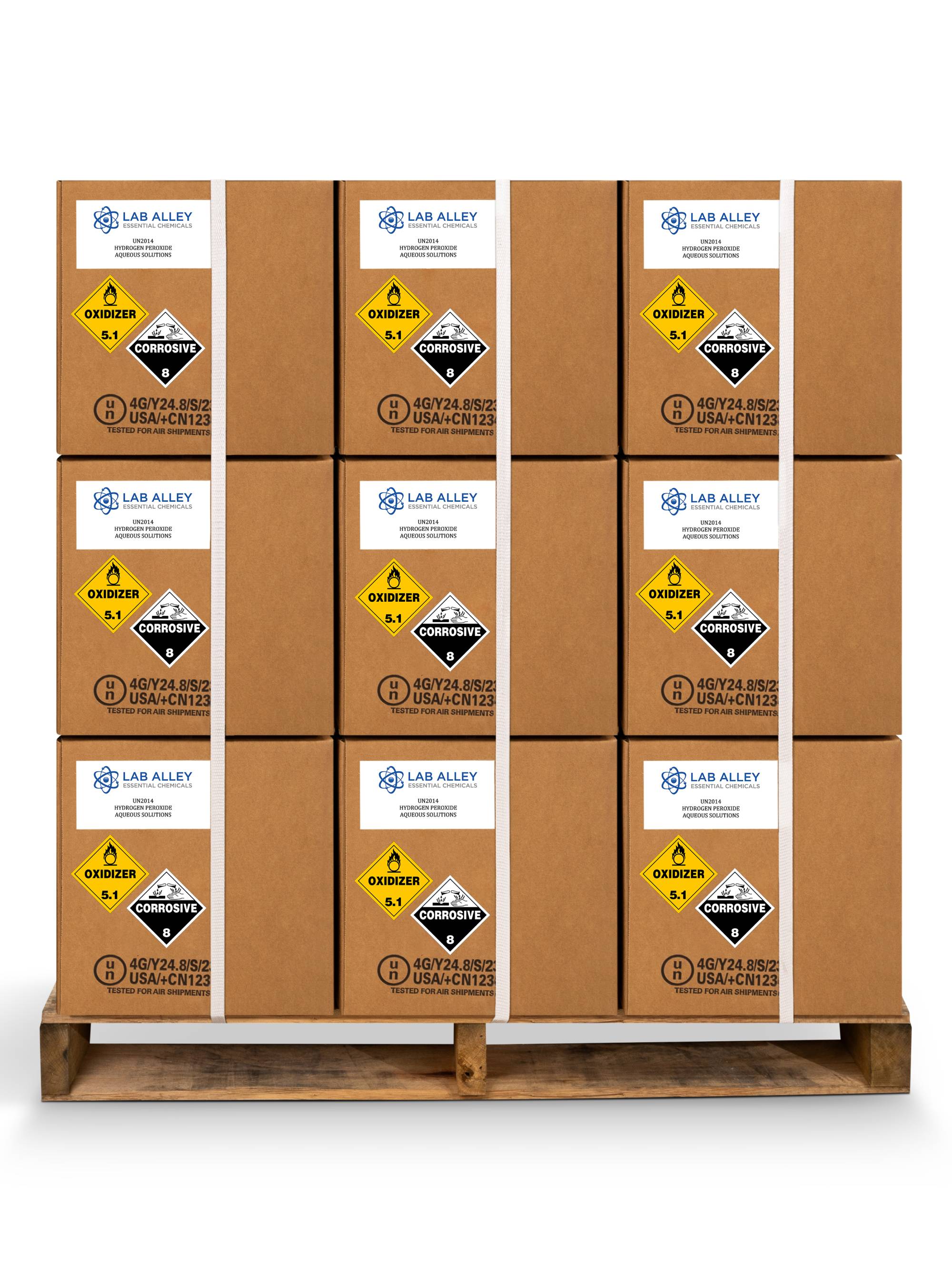
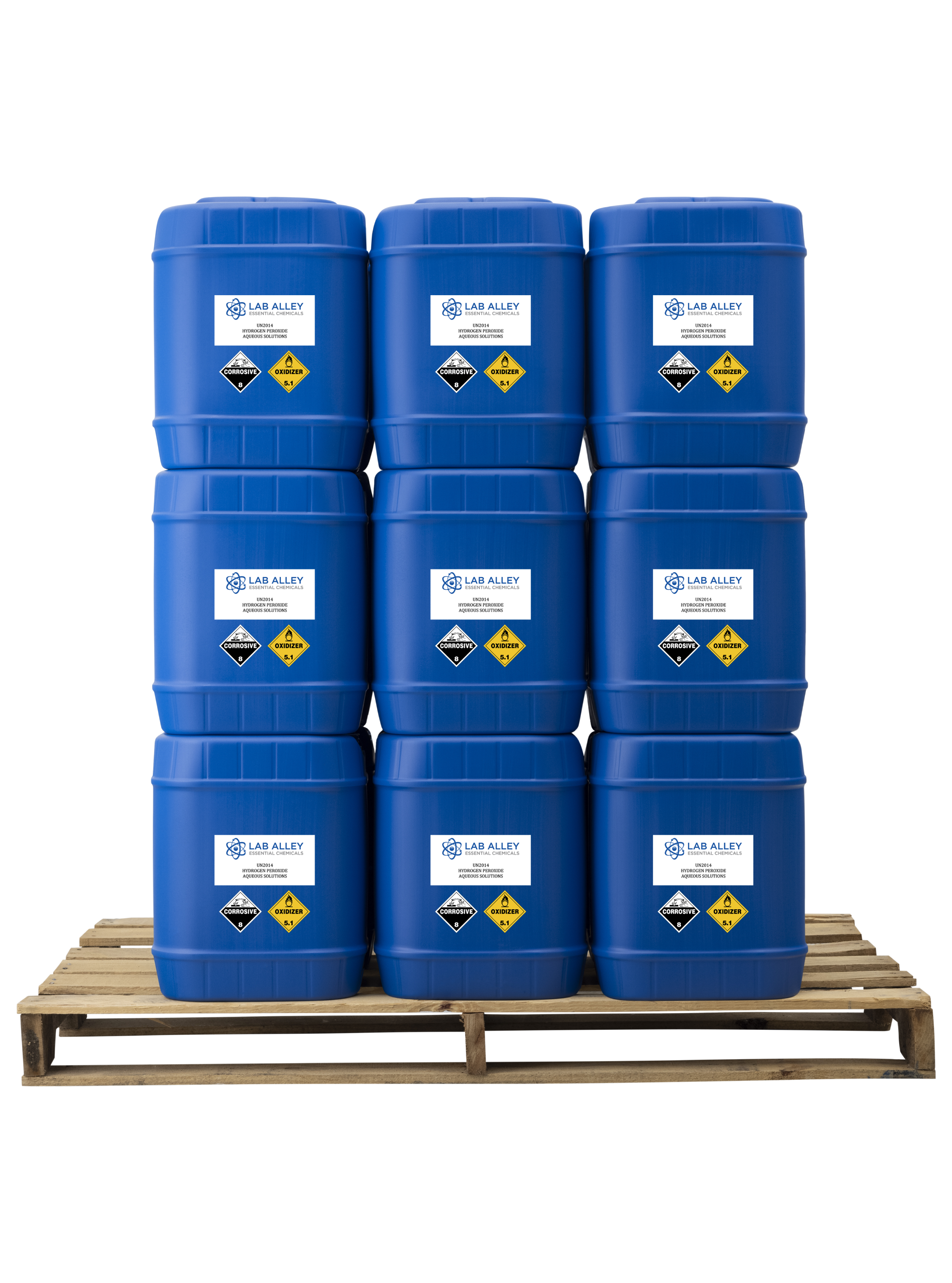













Hydrogen Peroxide 34% Food Grade, Kosher, Halal


















Hydrogen Peroxide 30% Solution, Lab Grade
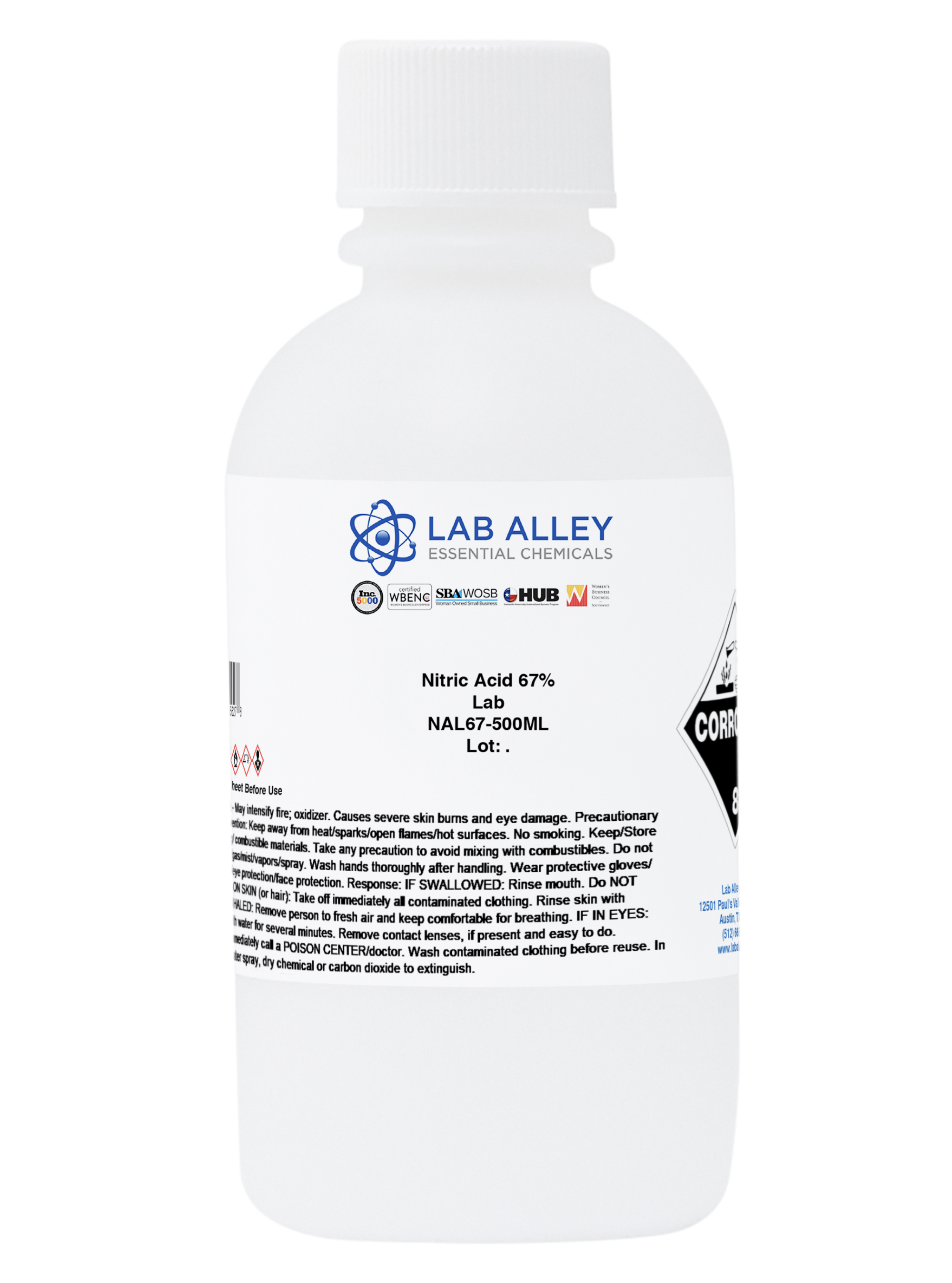
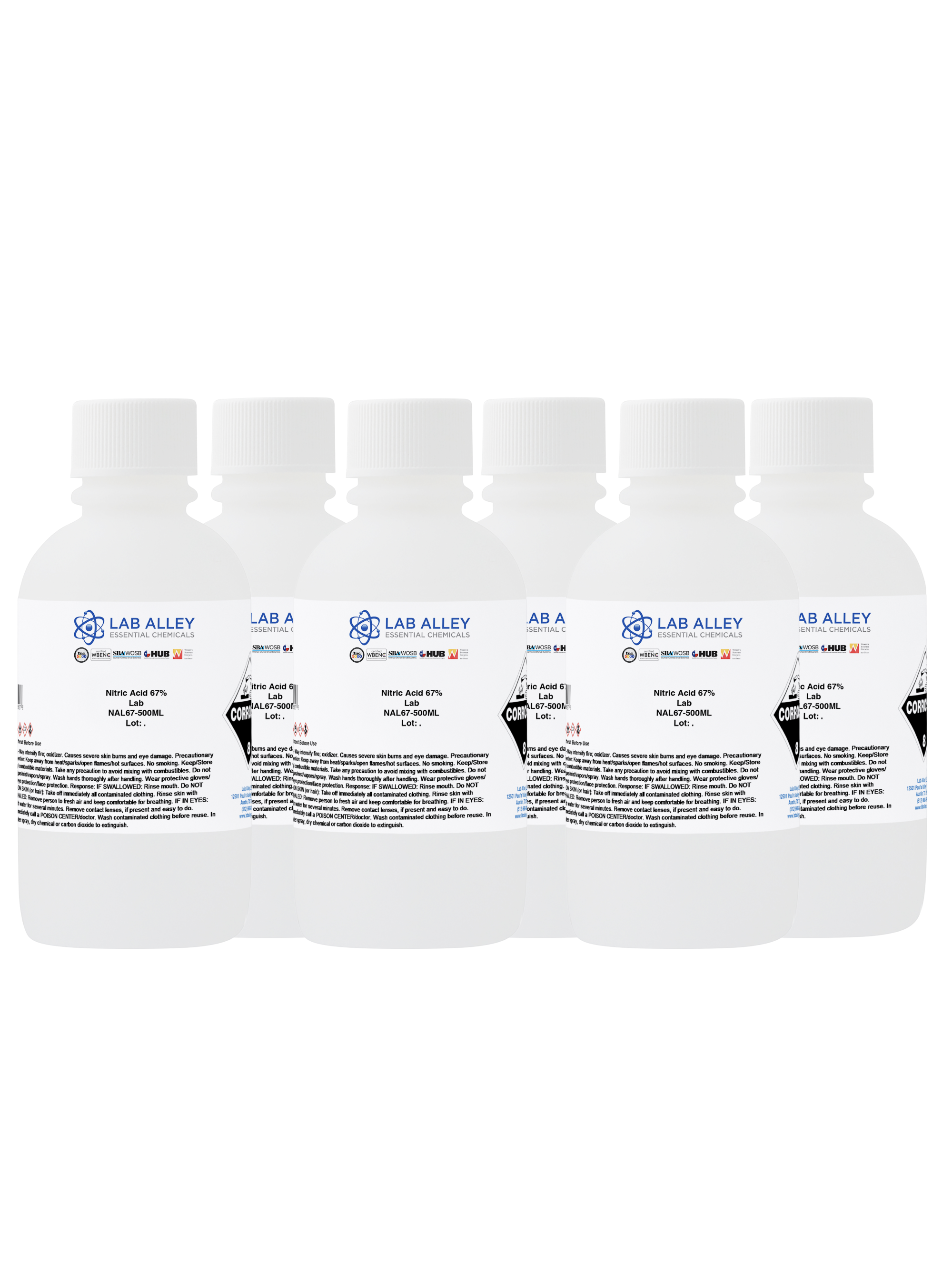
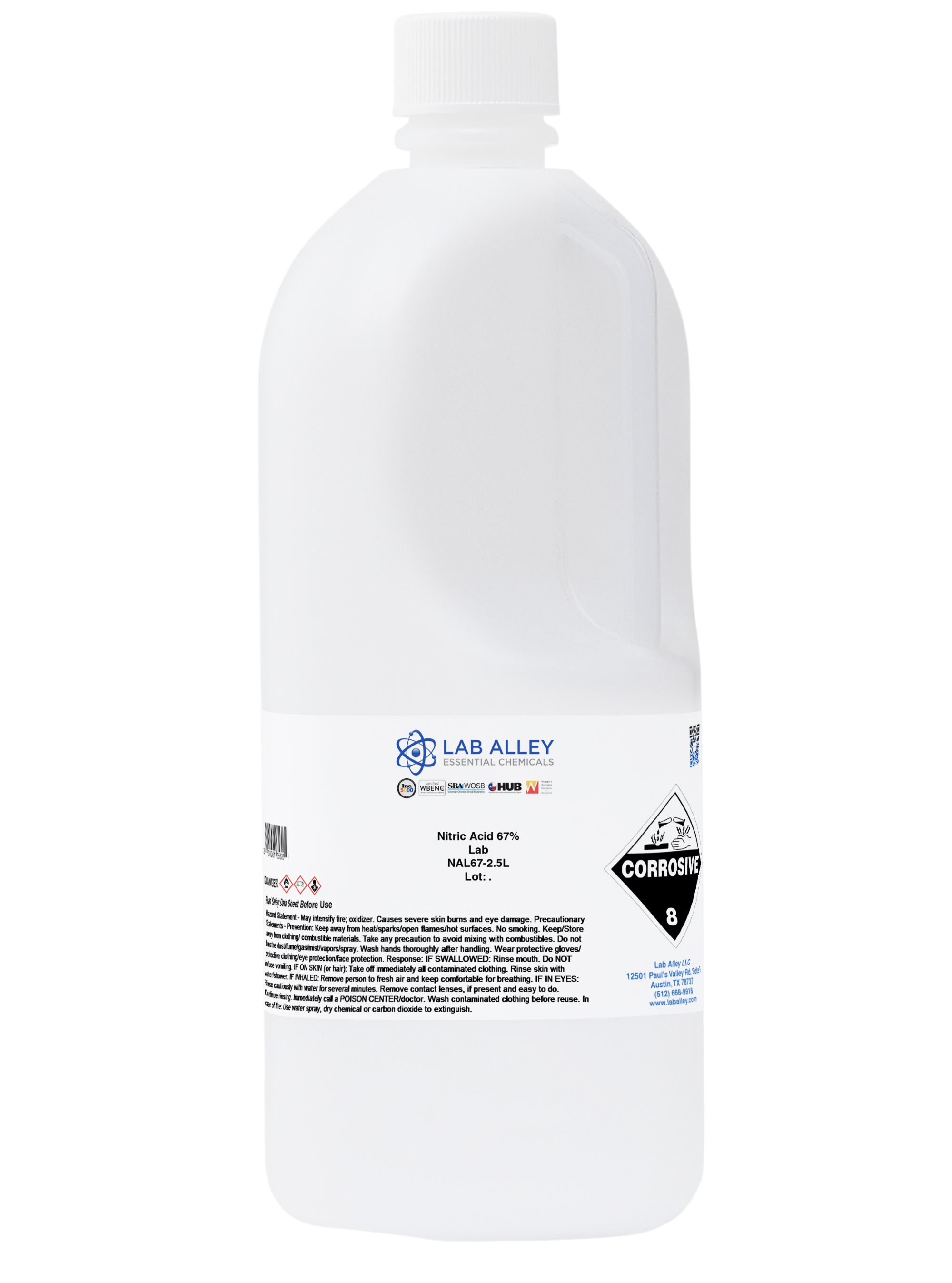
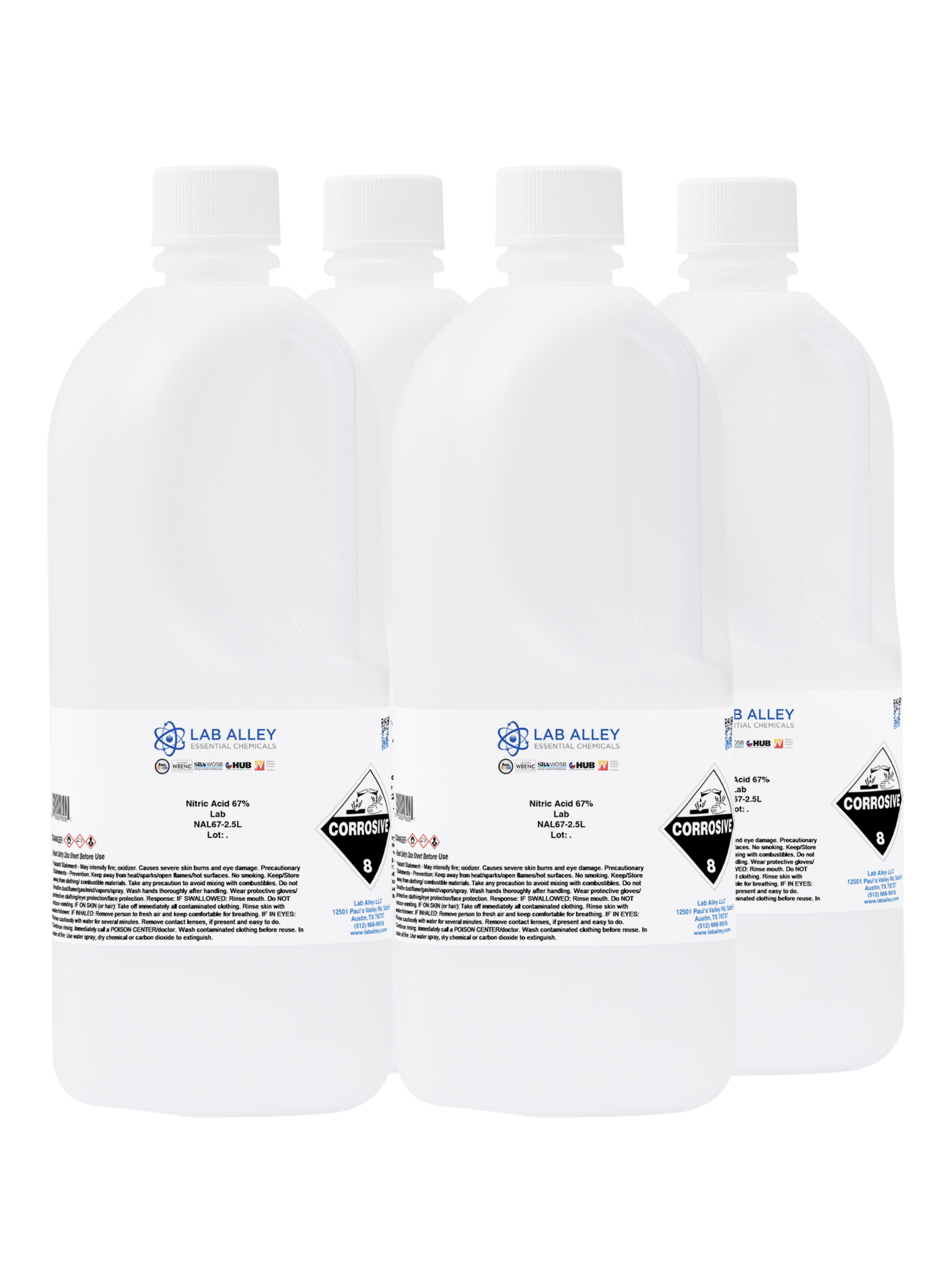
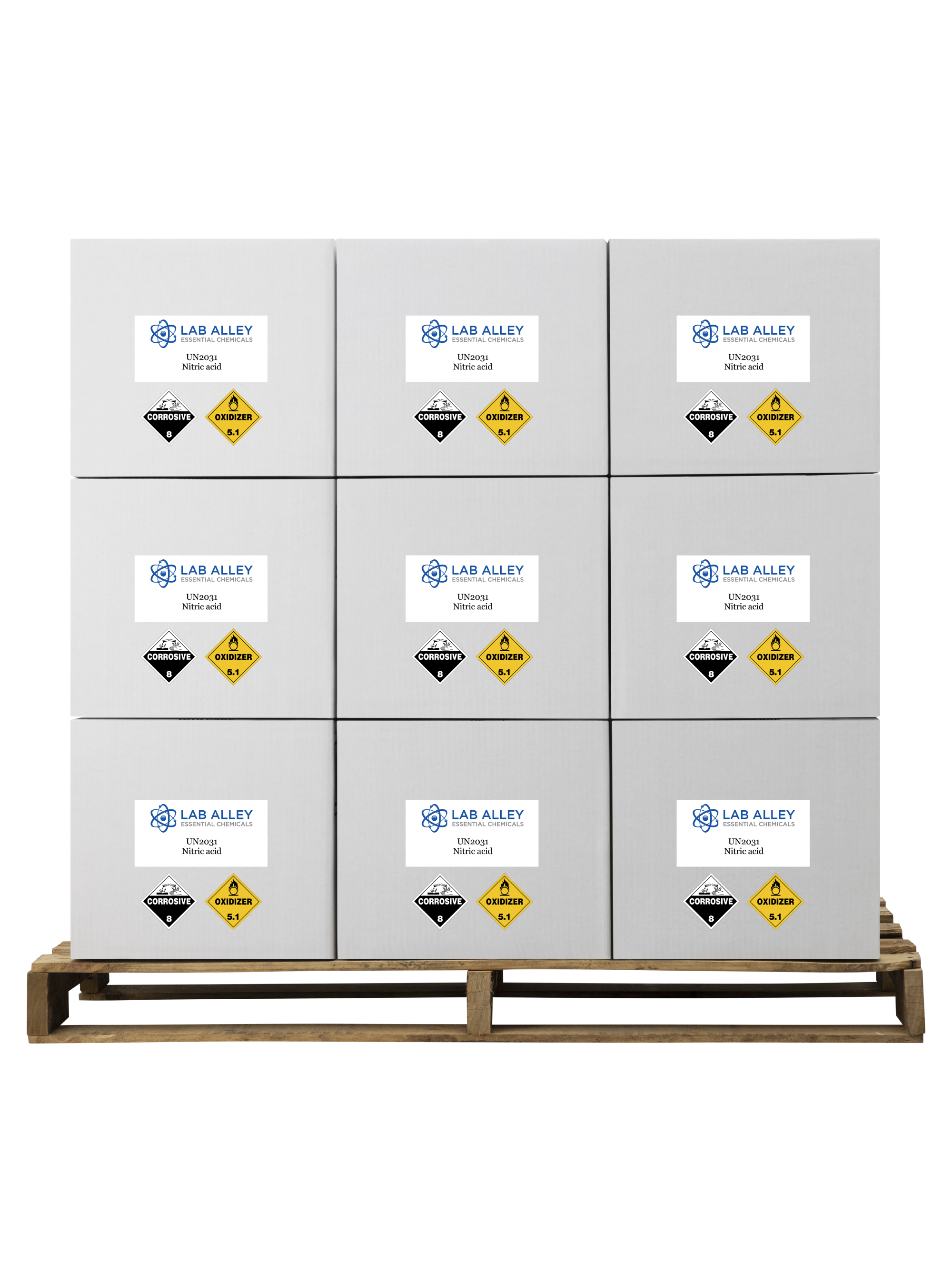





Nitric Acid 67% Solution, Lab/Technical Grade
























Acetone 99.5%, ACS
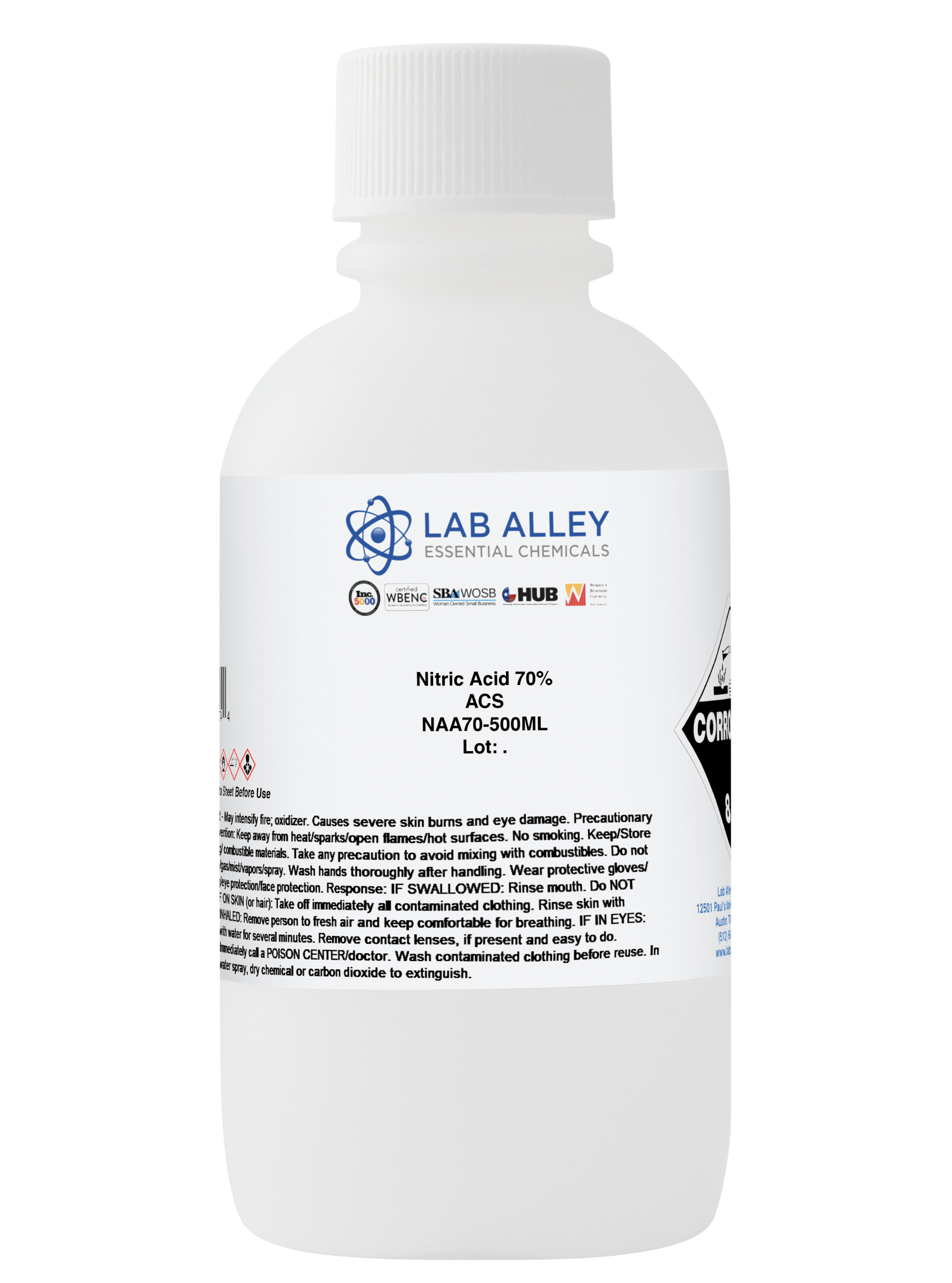
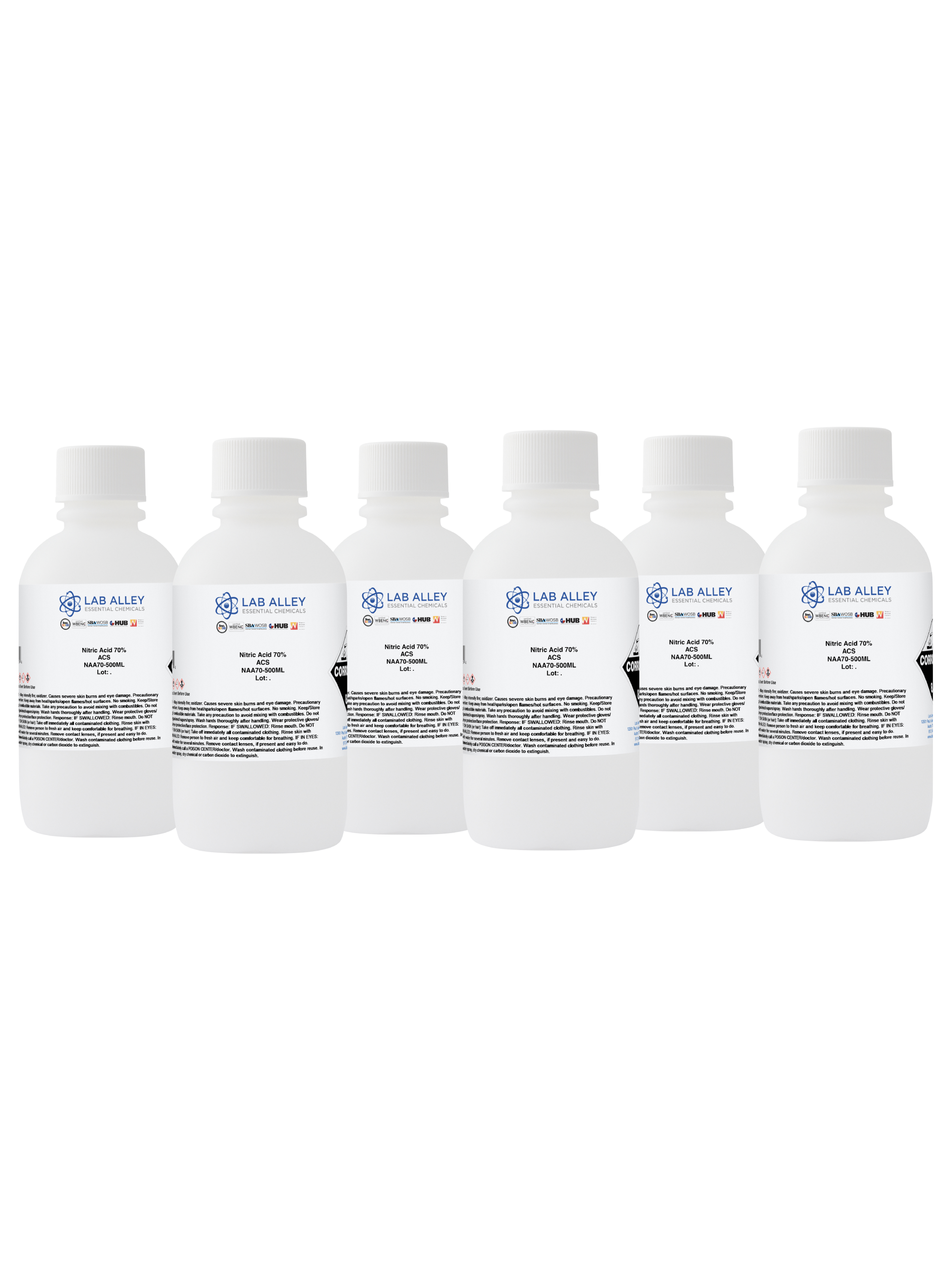
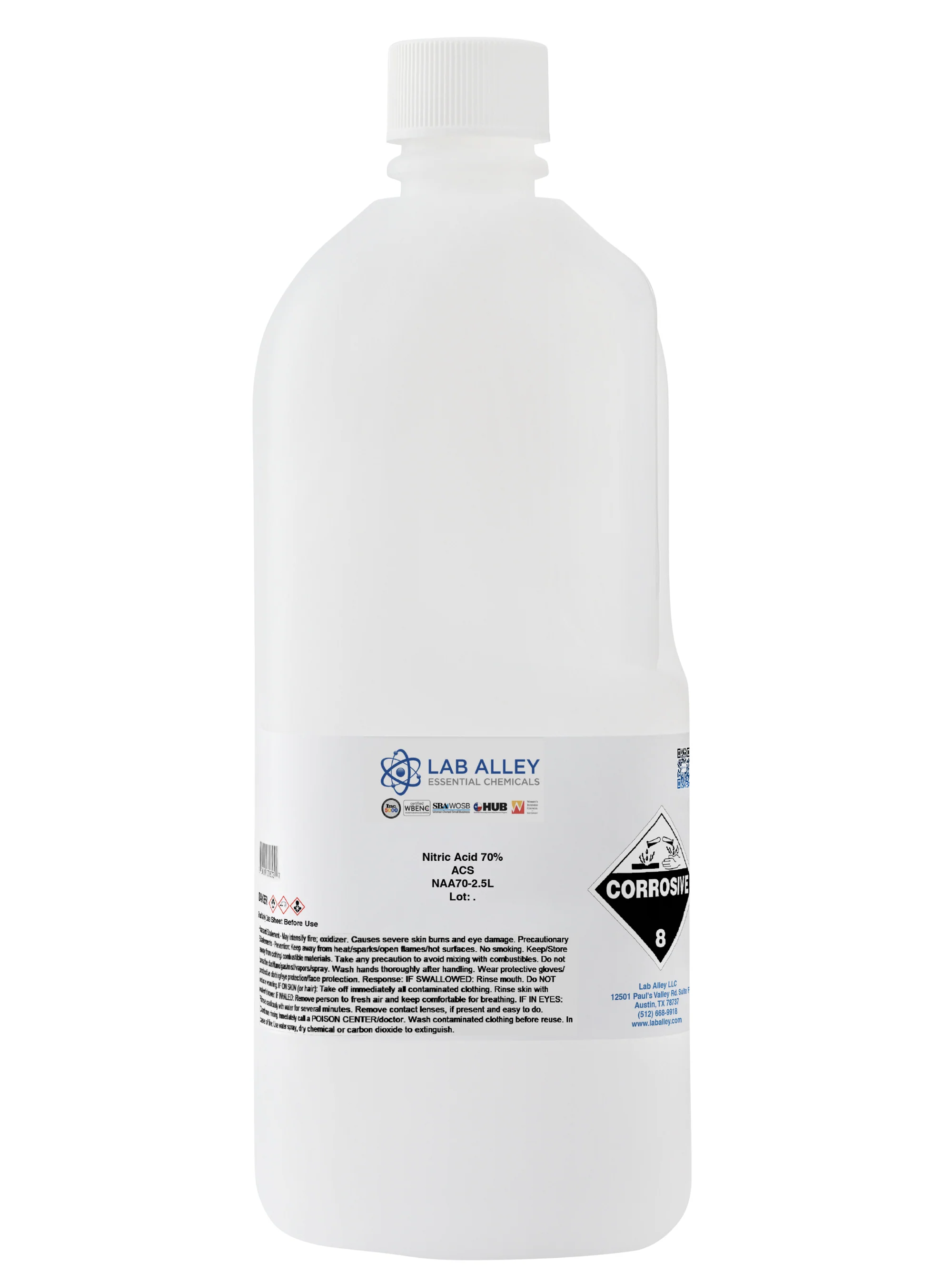
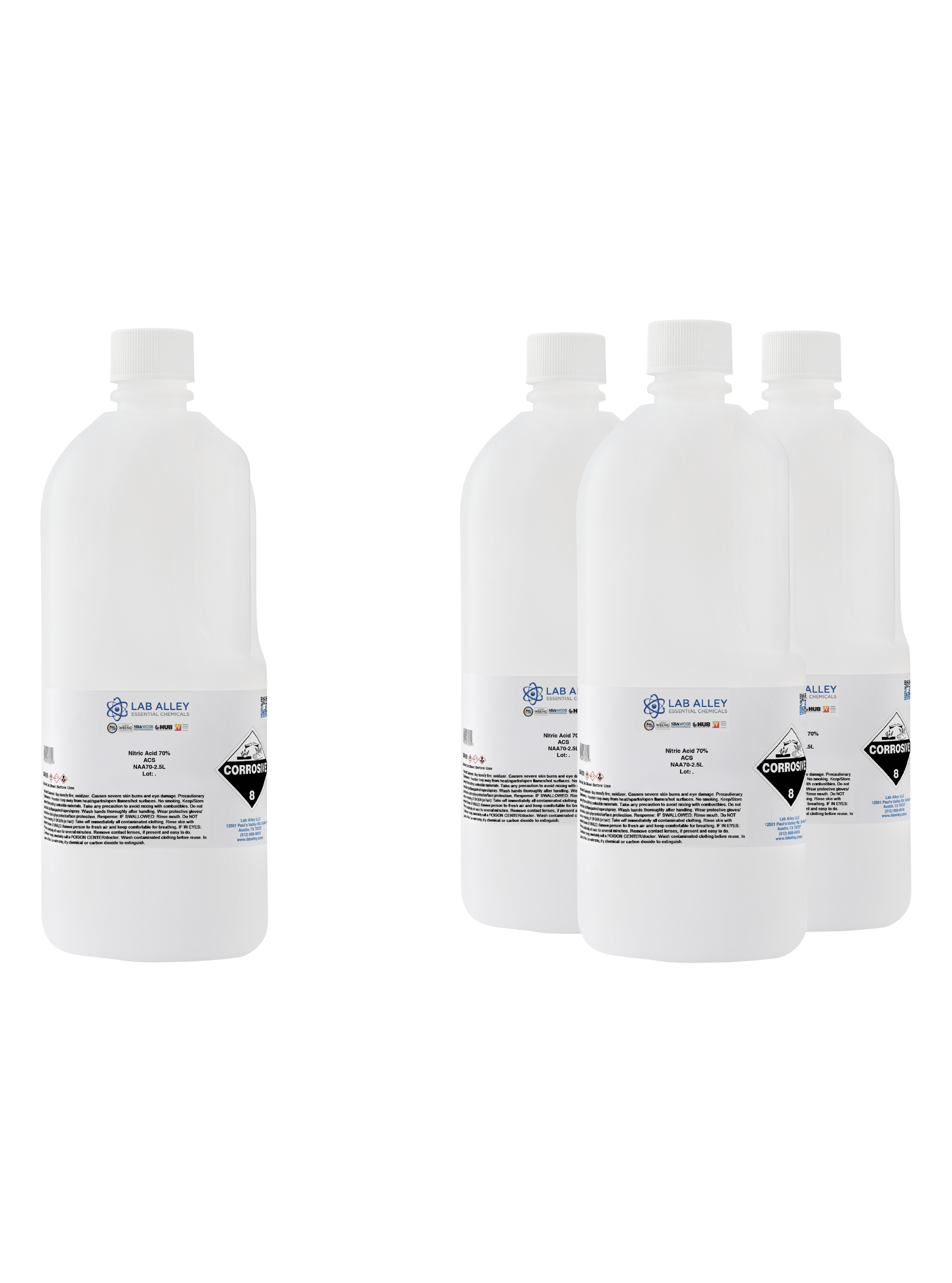
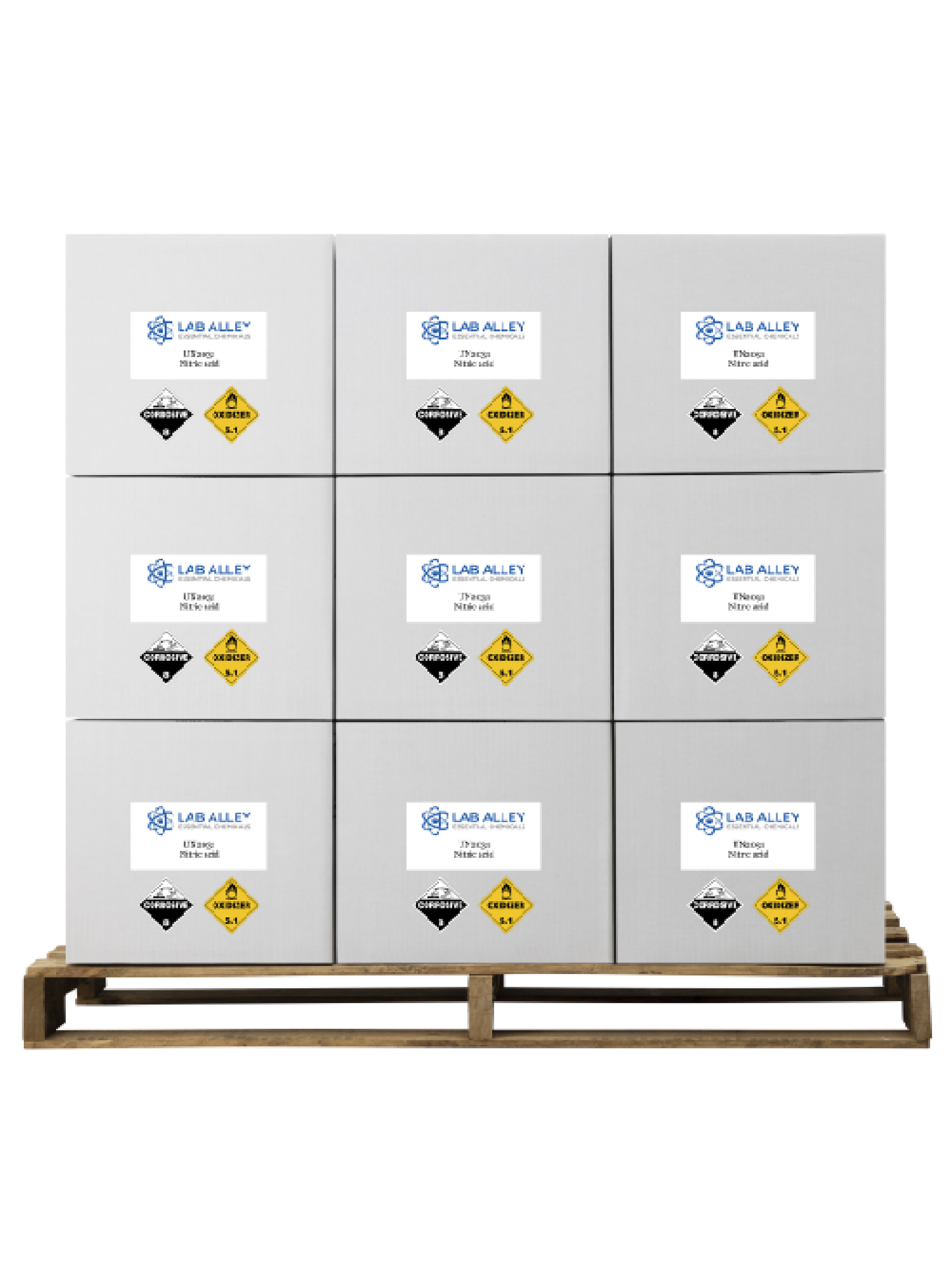





Nitric Acid 70%, ACS Reagent Grade
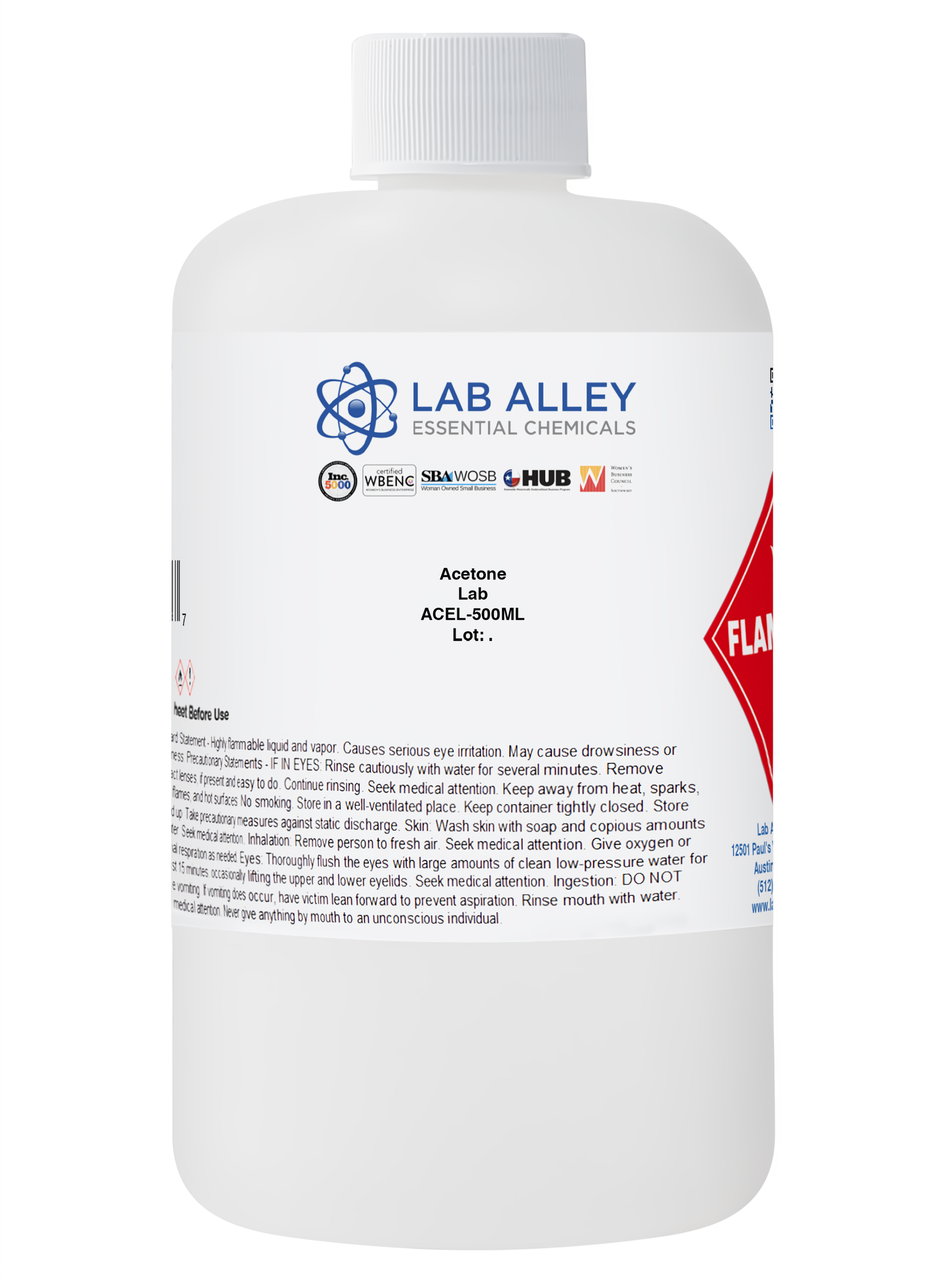
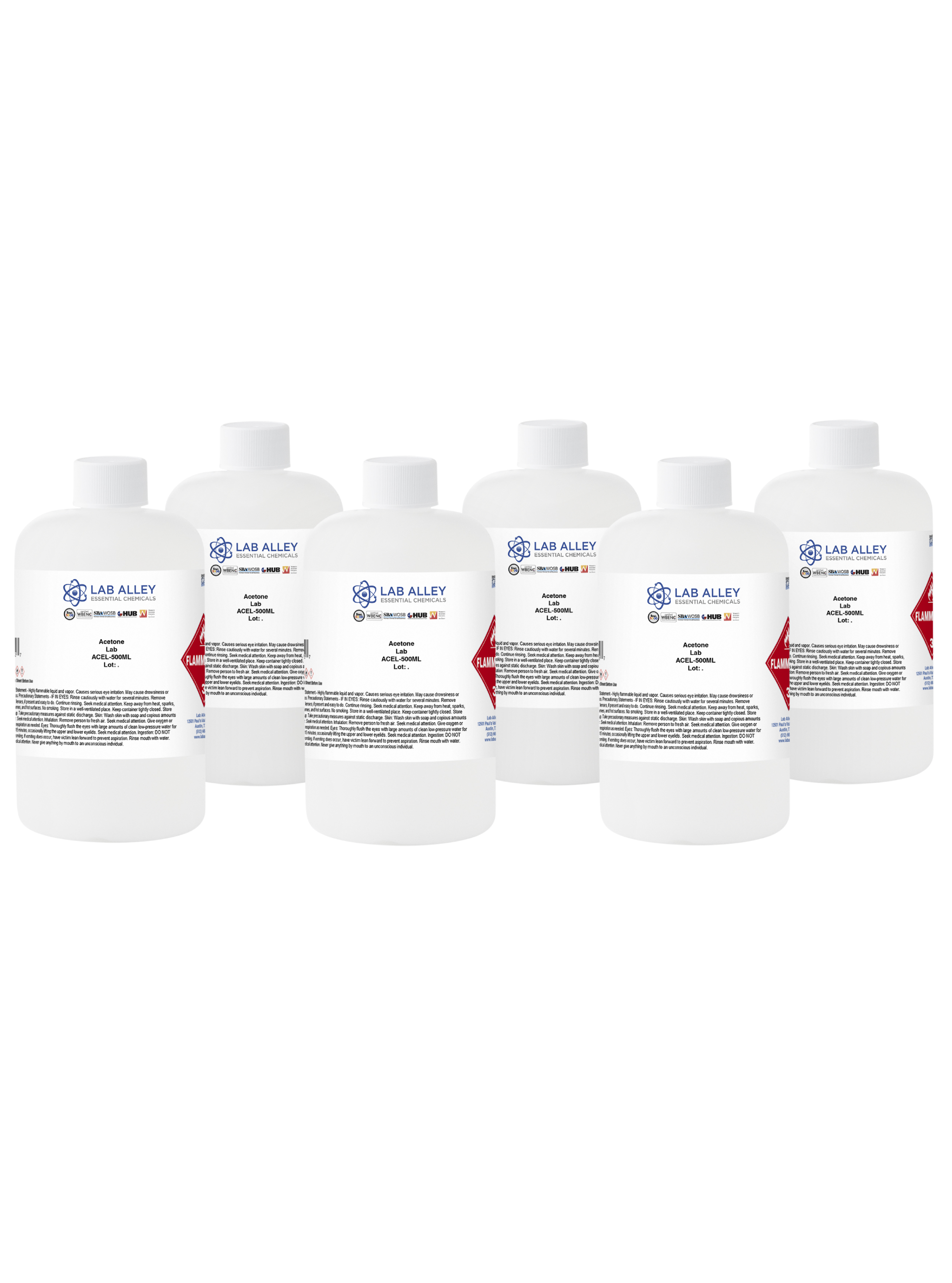
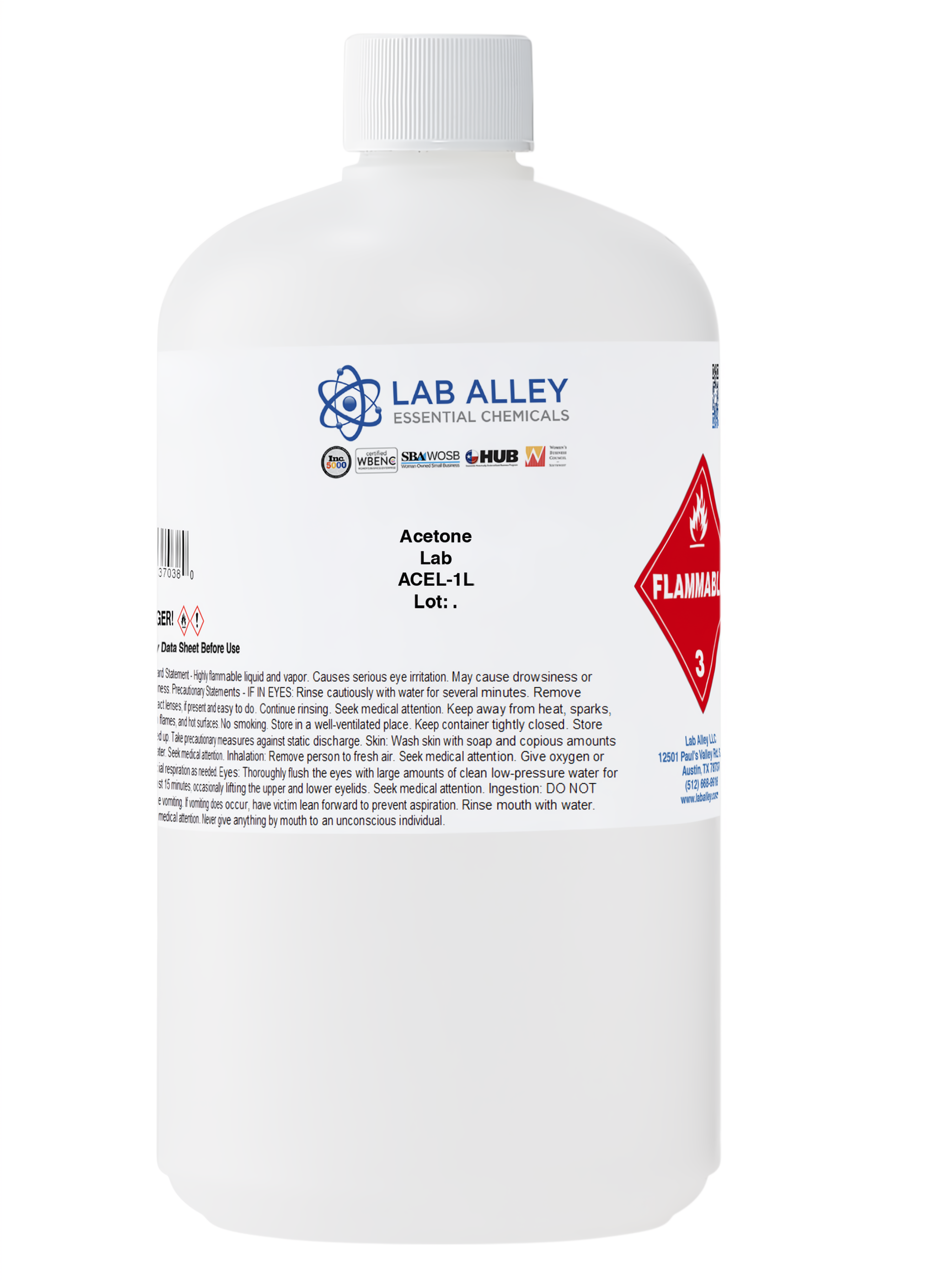
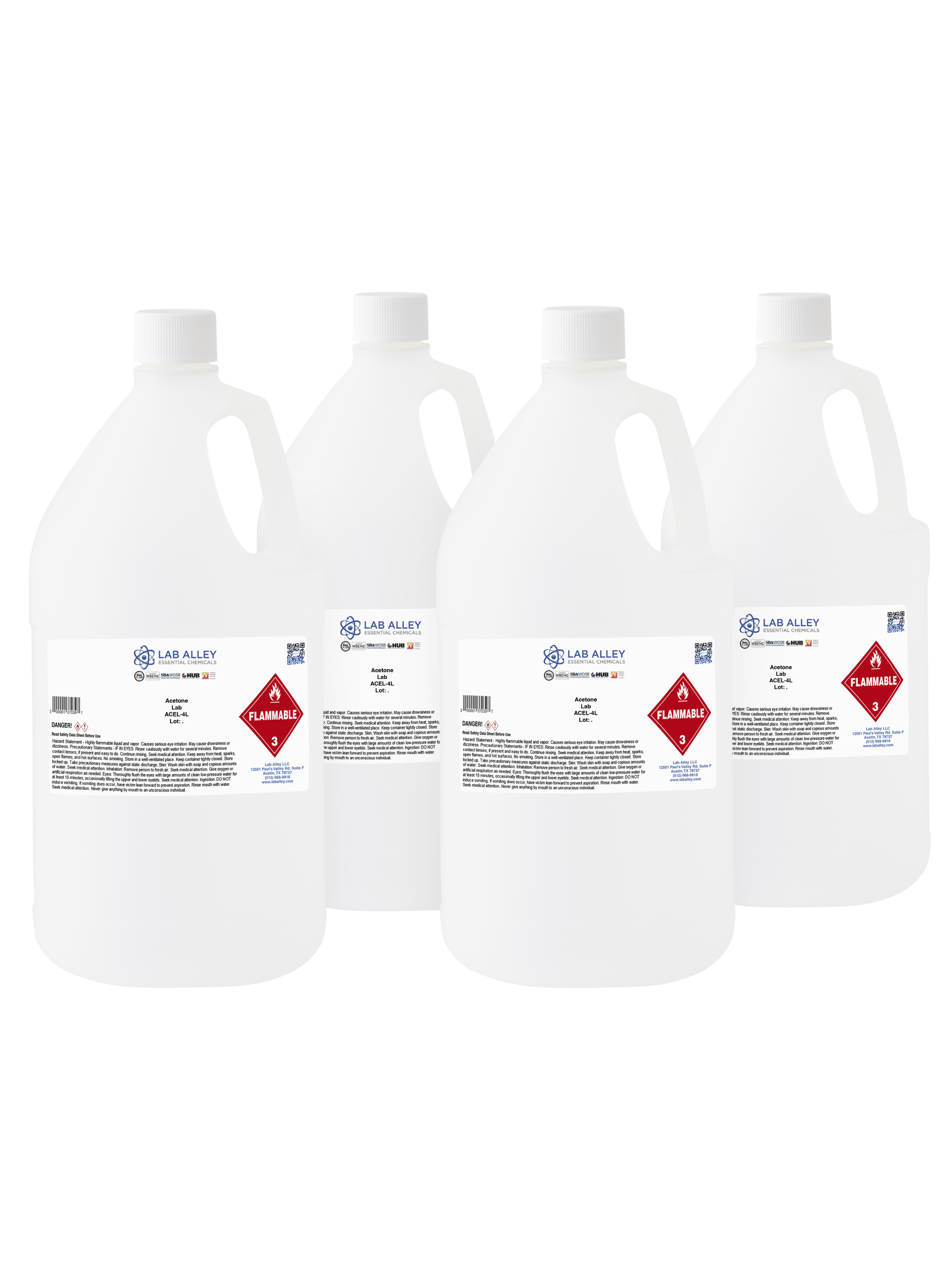
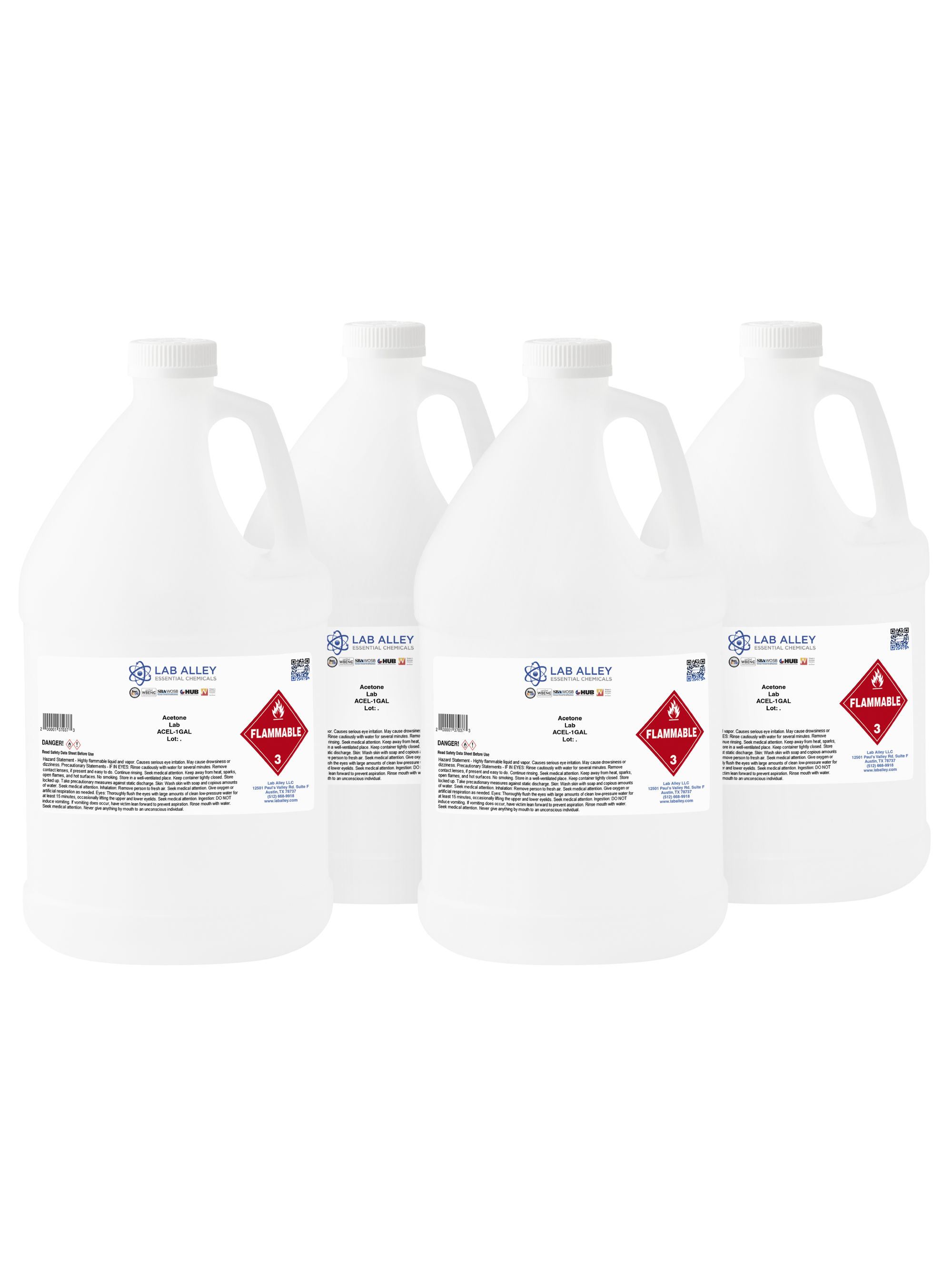
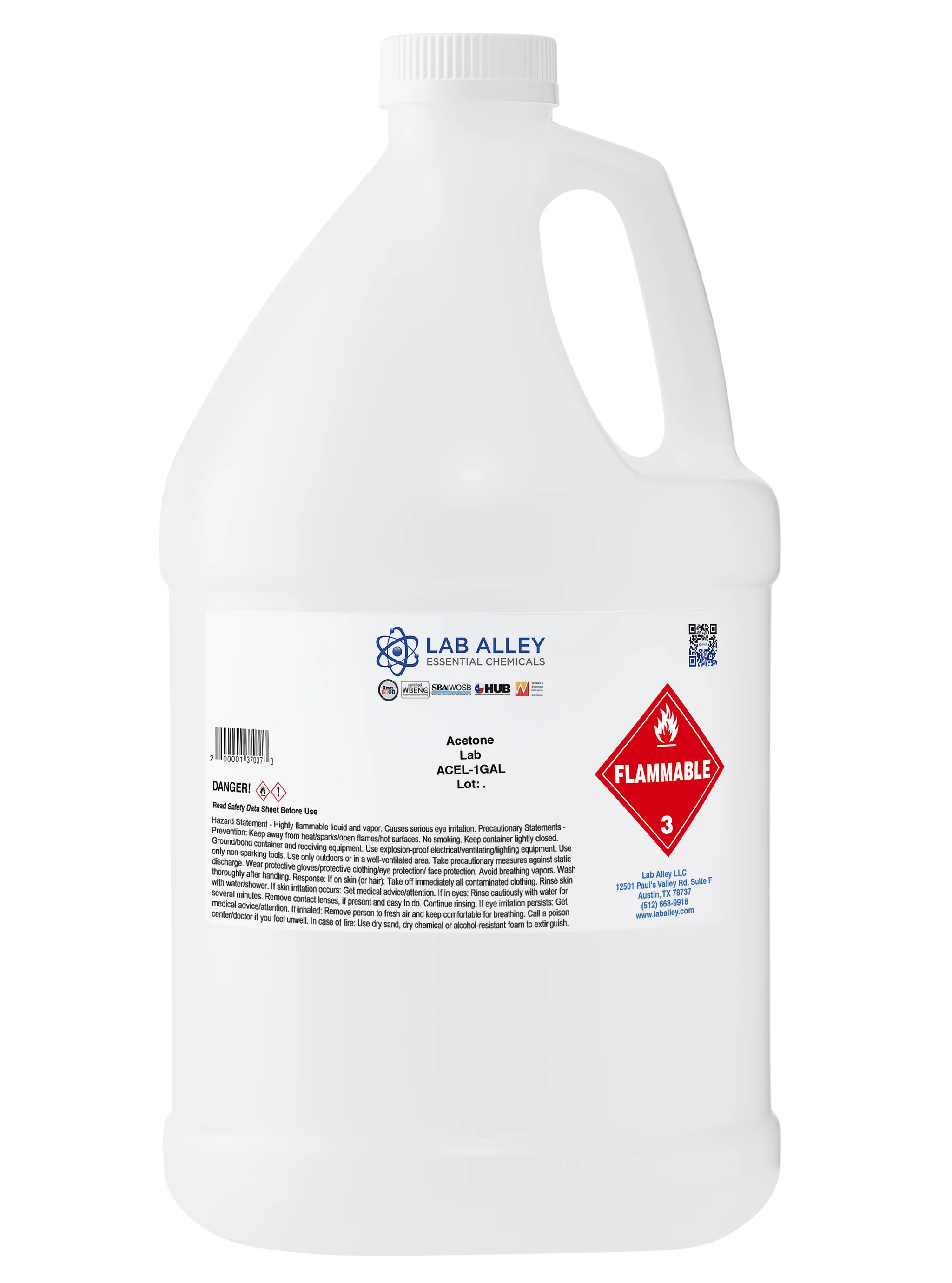
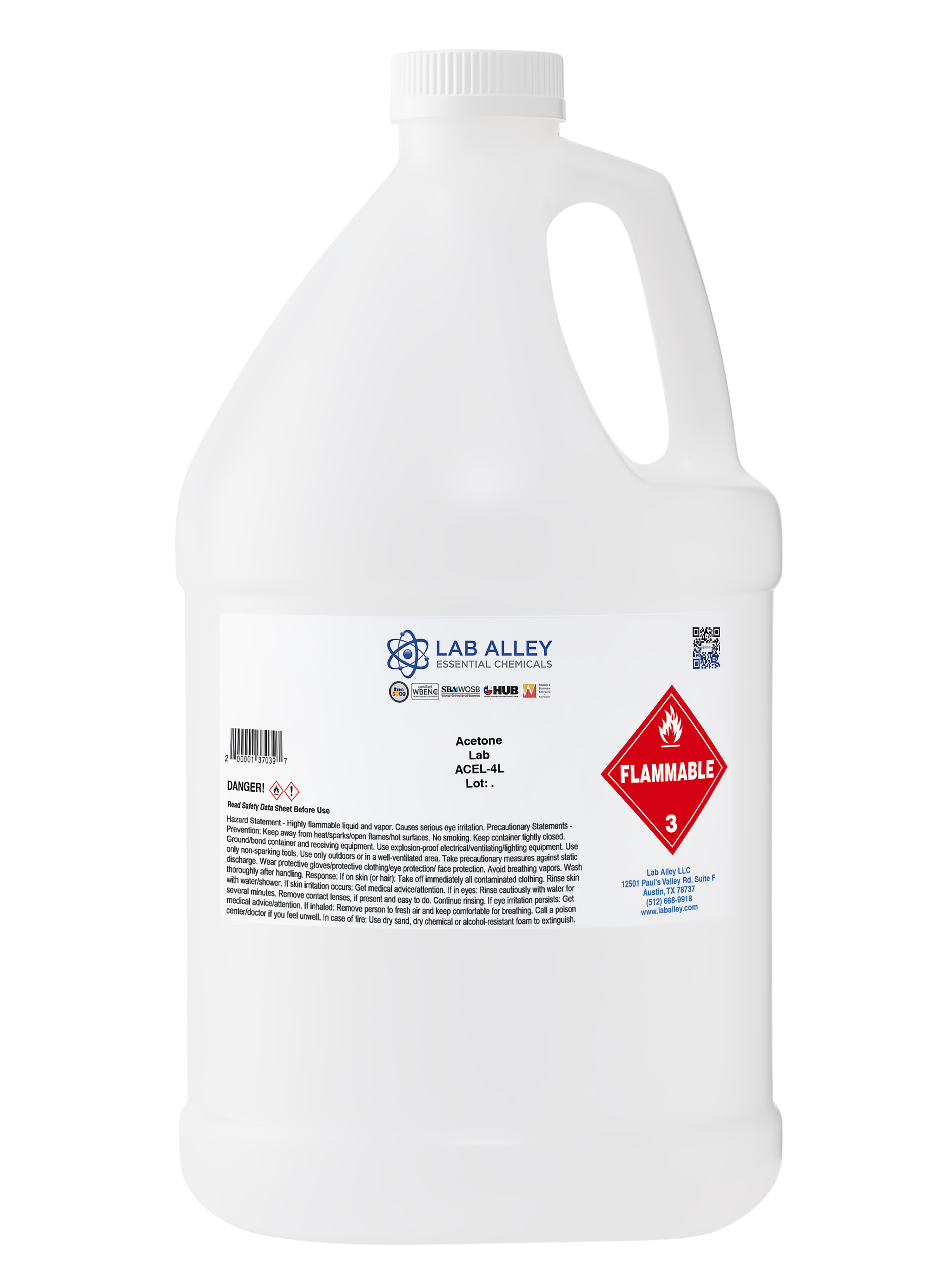
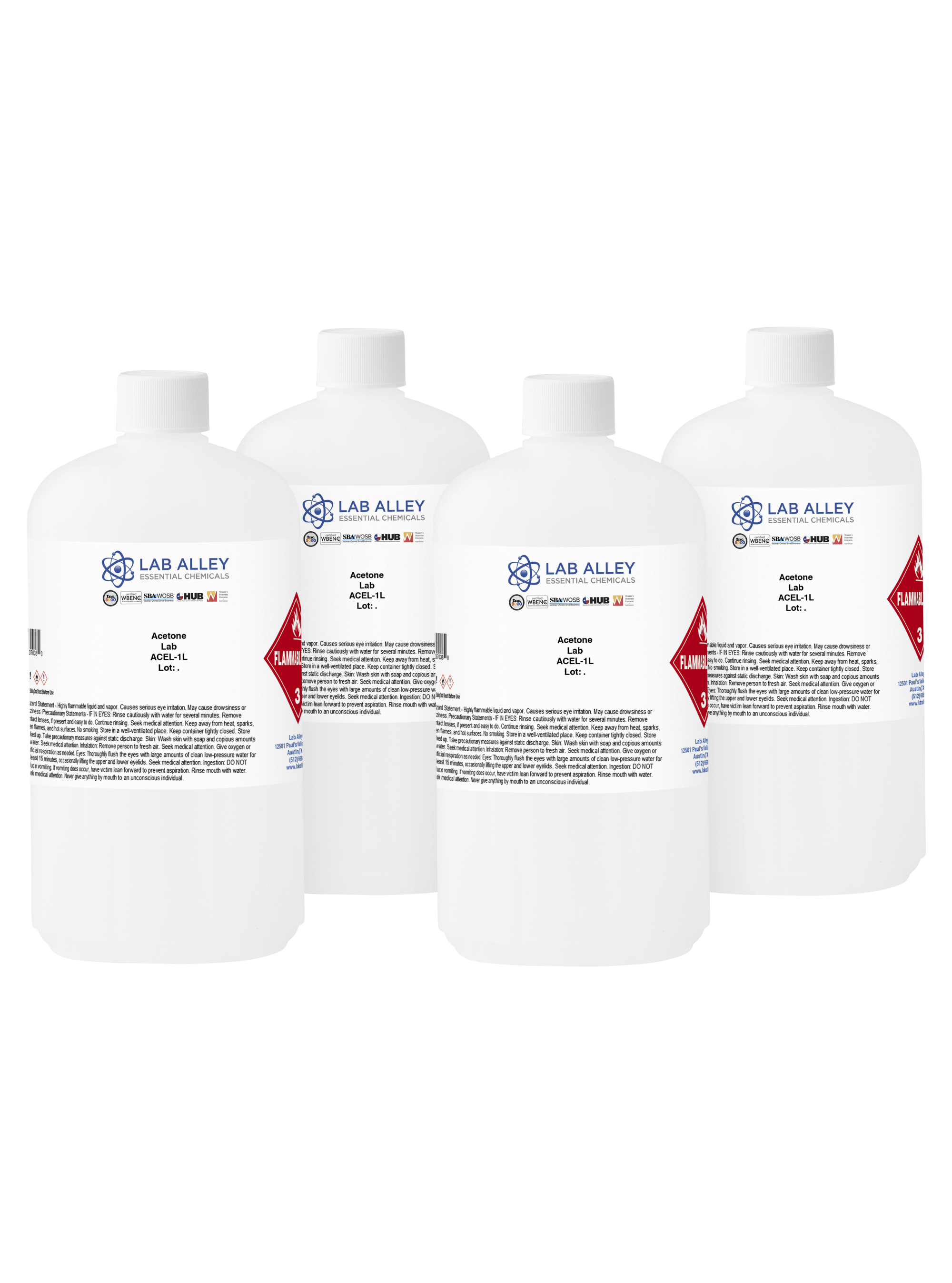
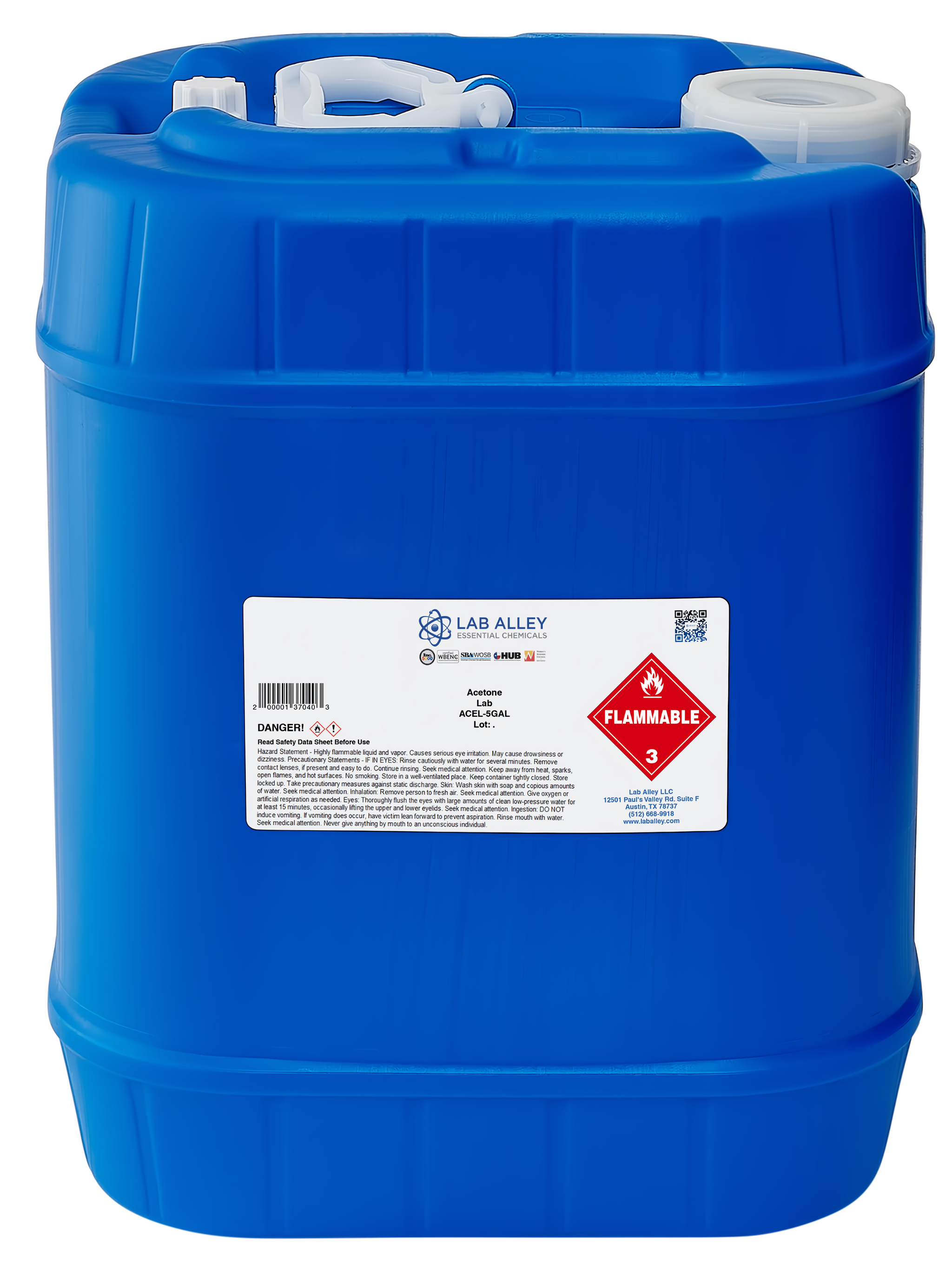
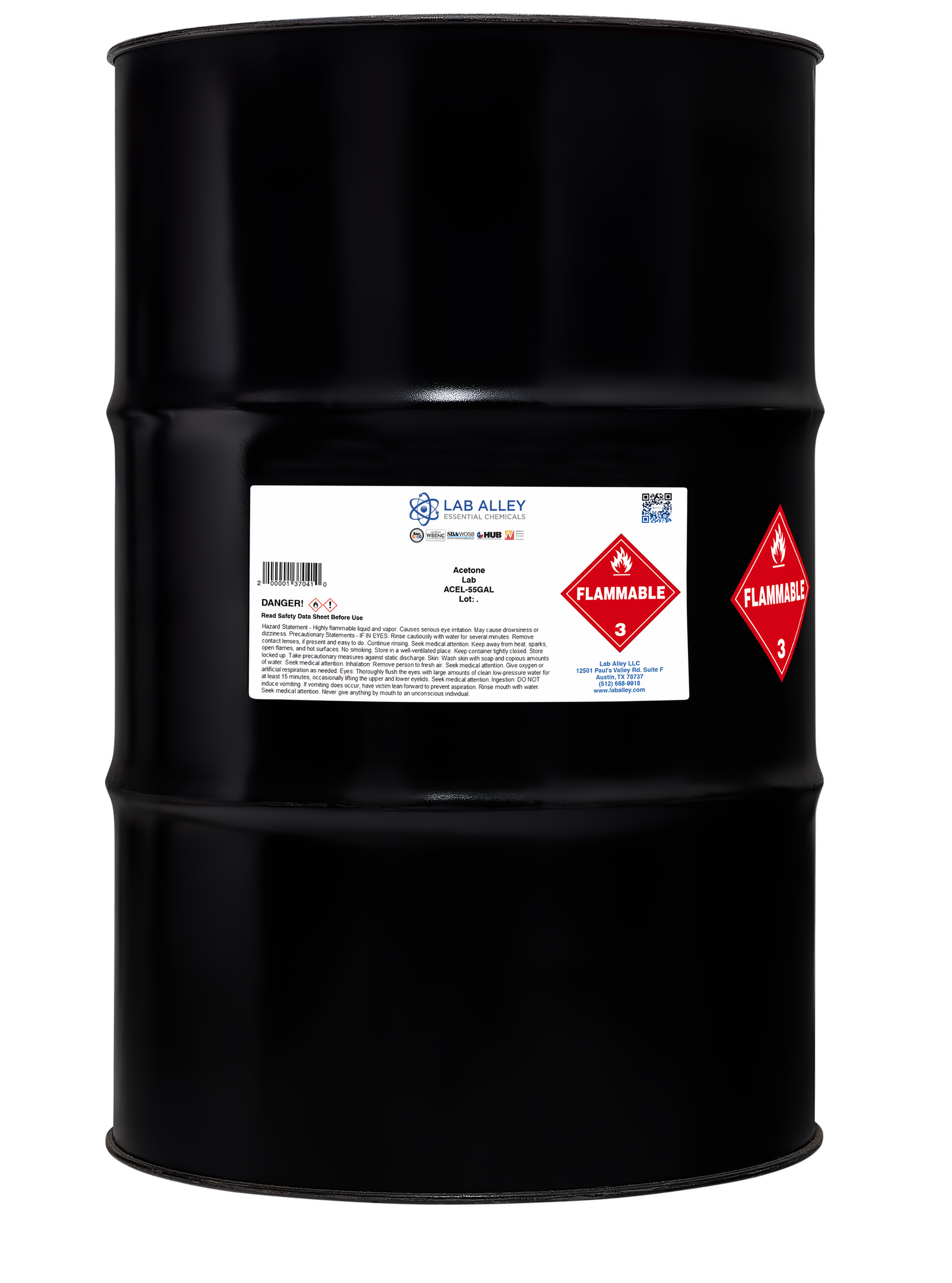
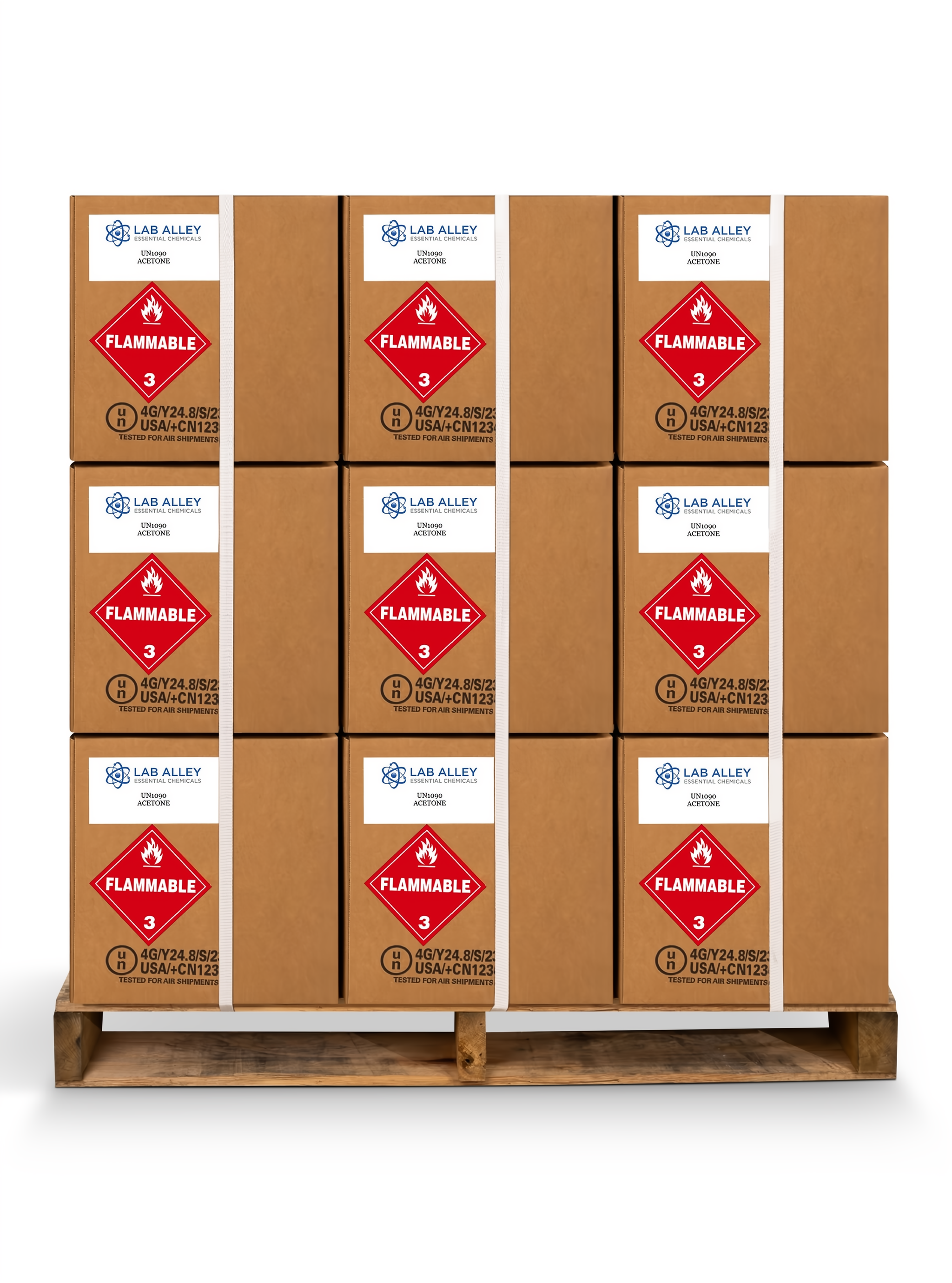
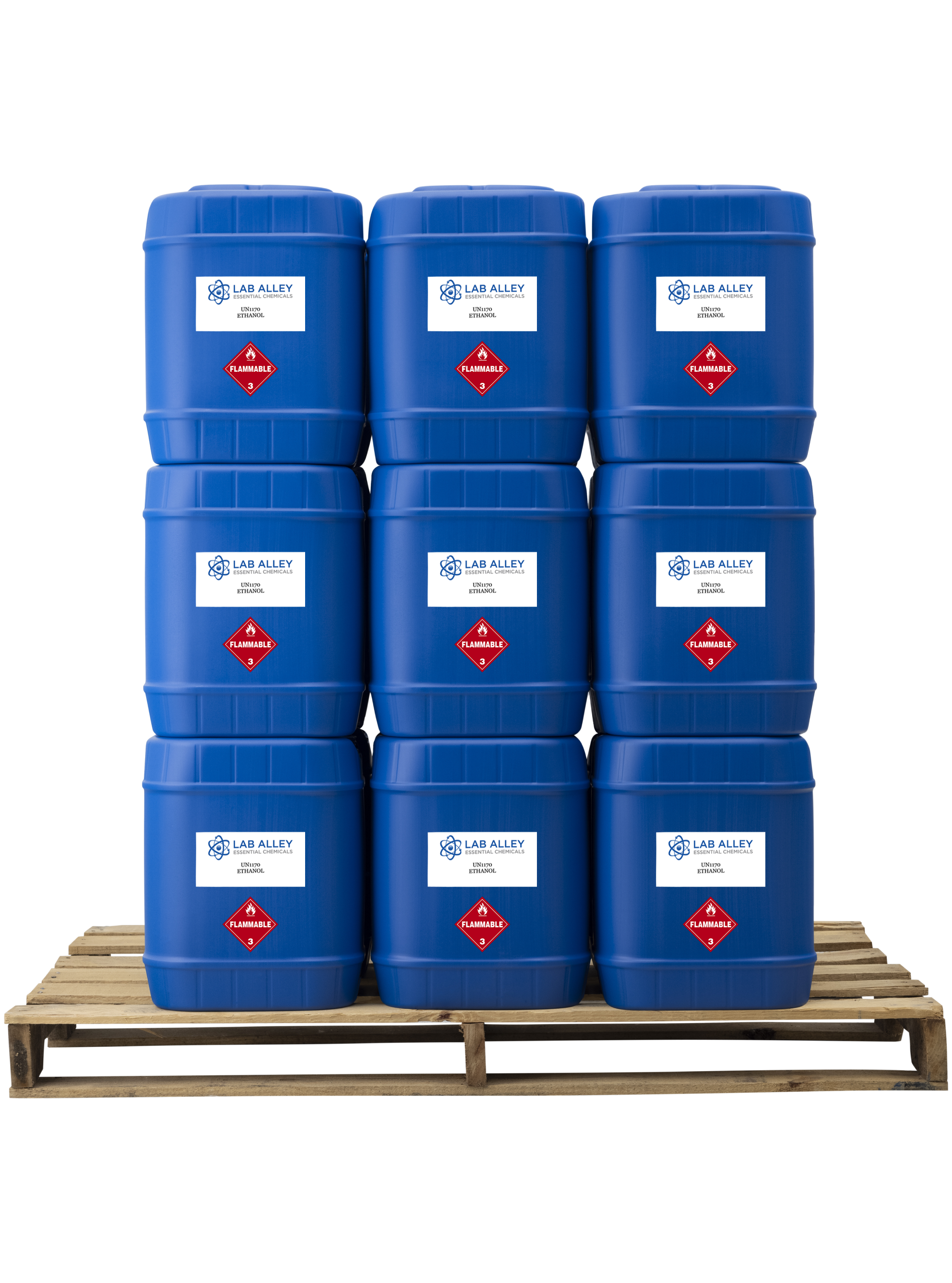












Acetone 99.5% Lab Grade
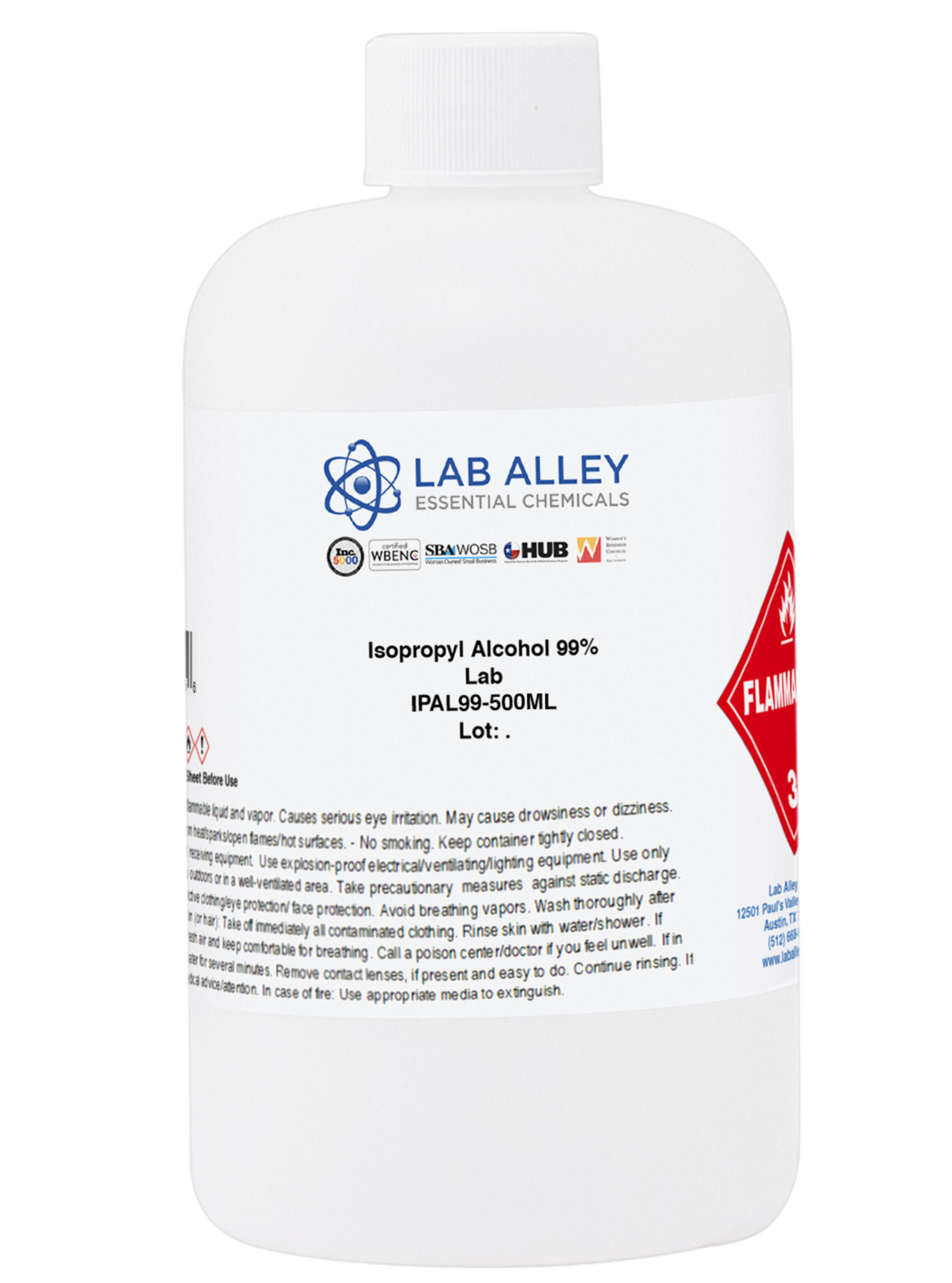
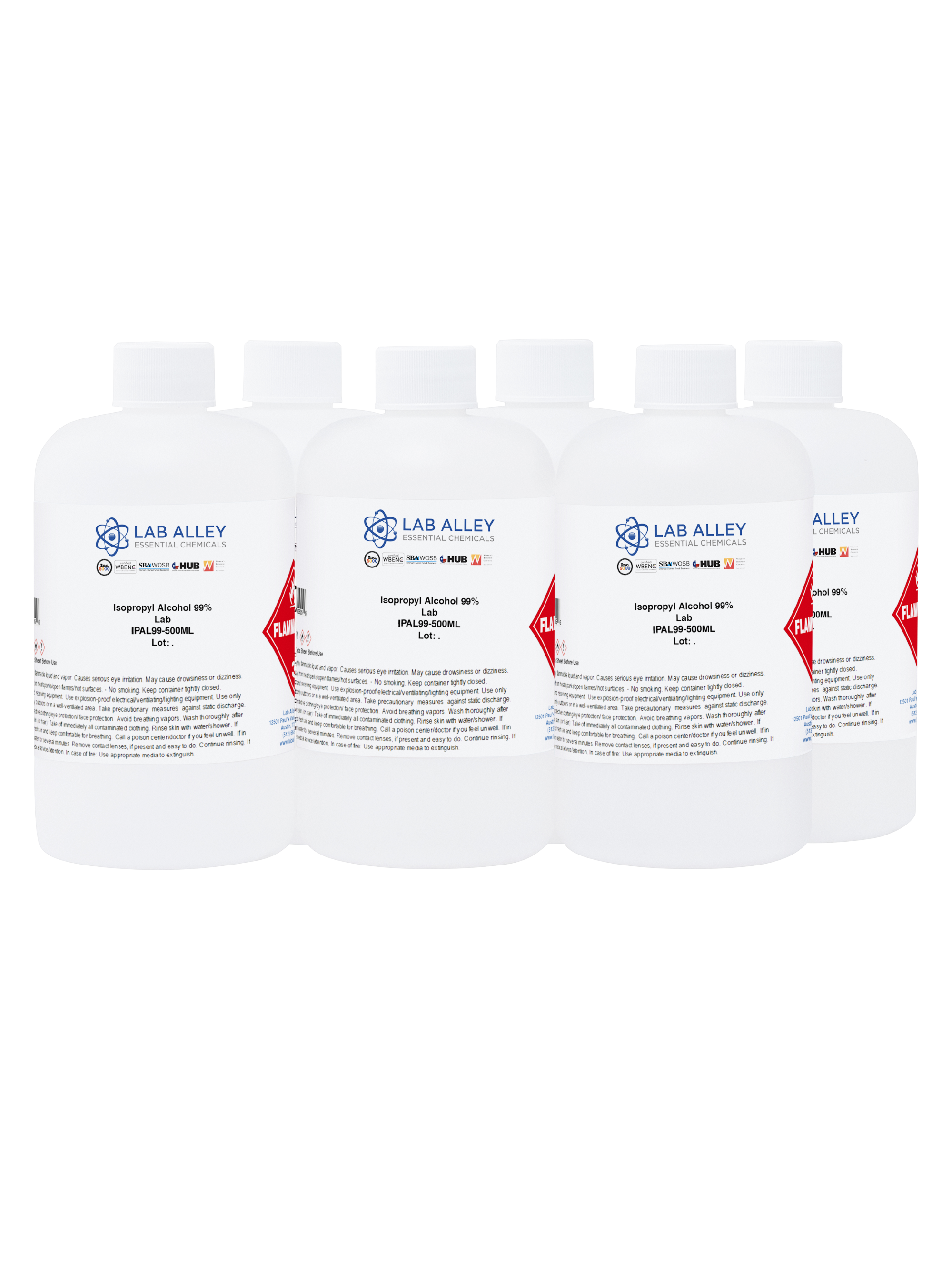
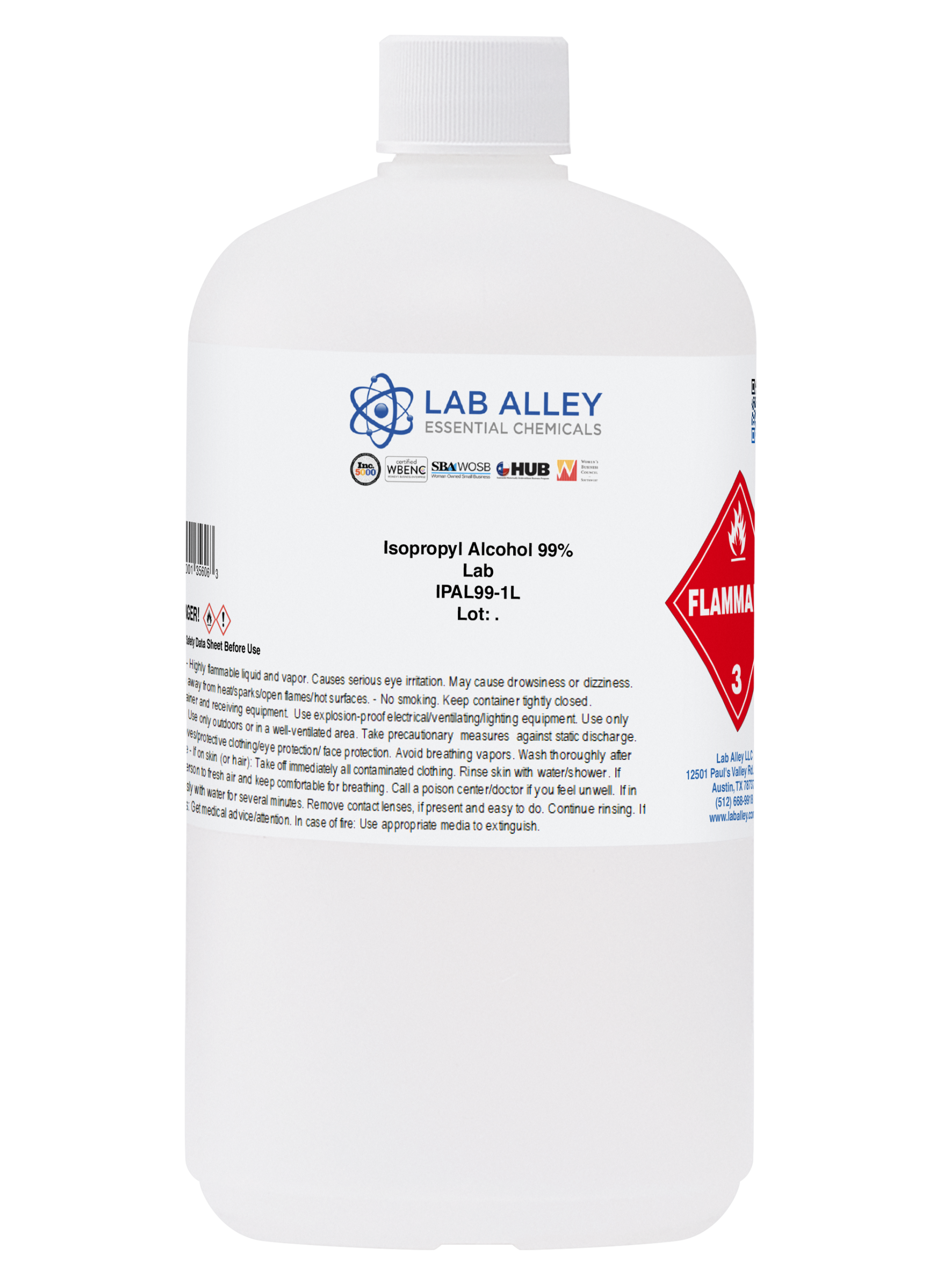
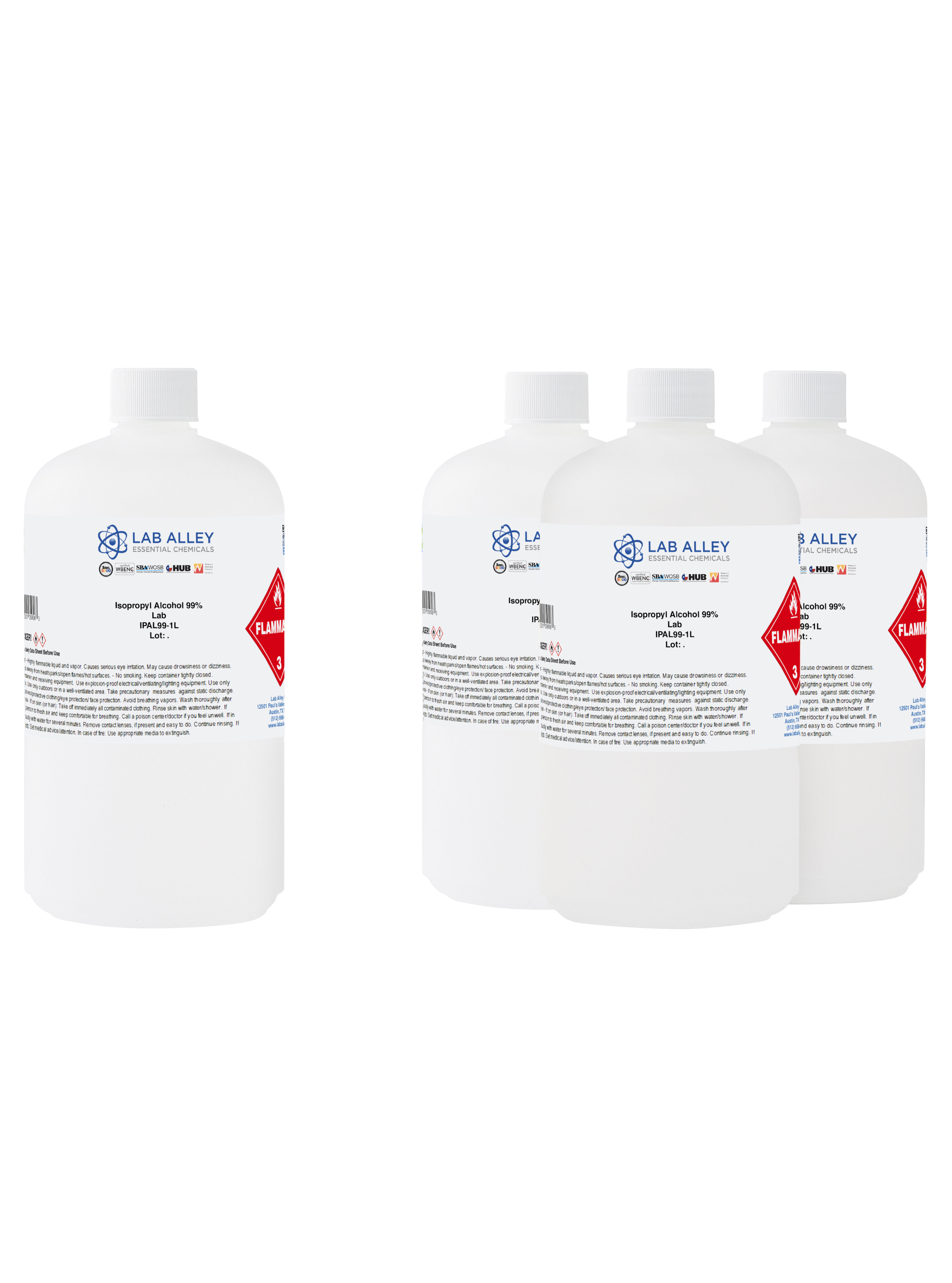
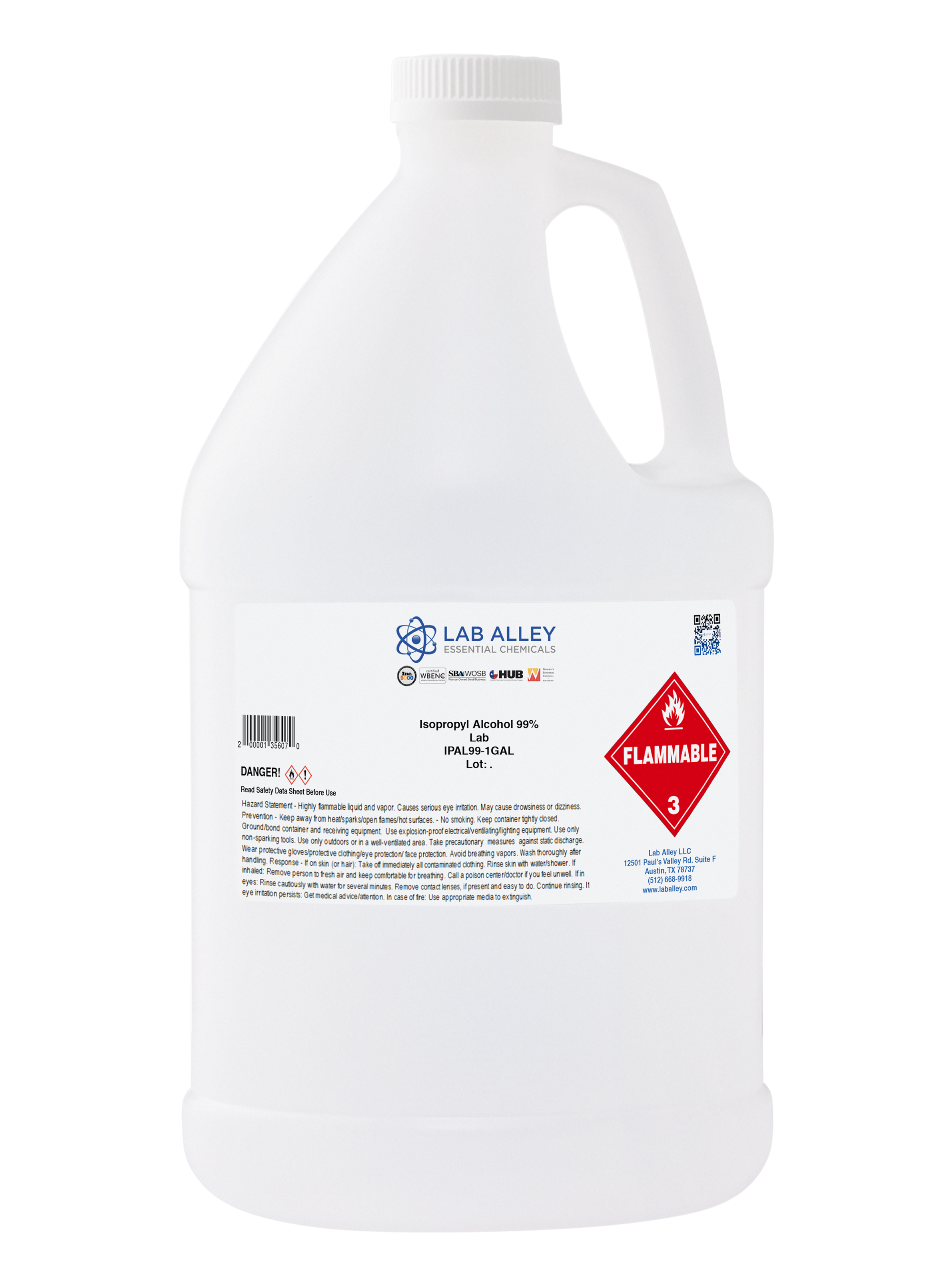
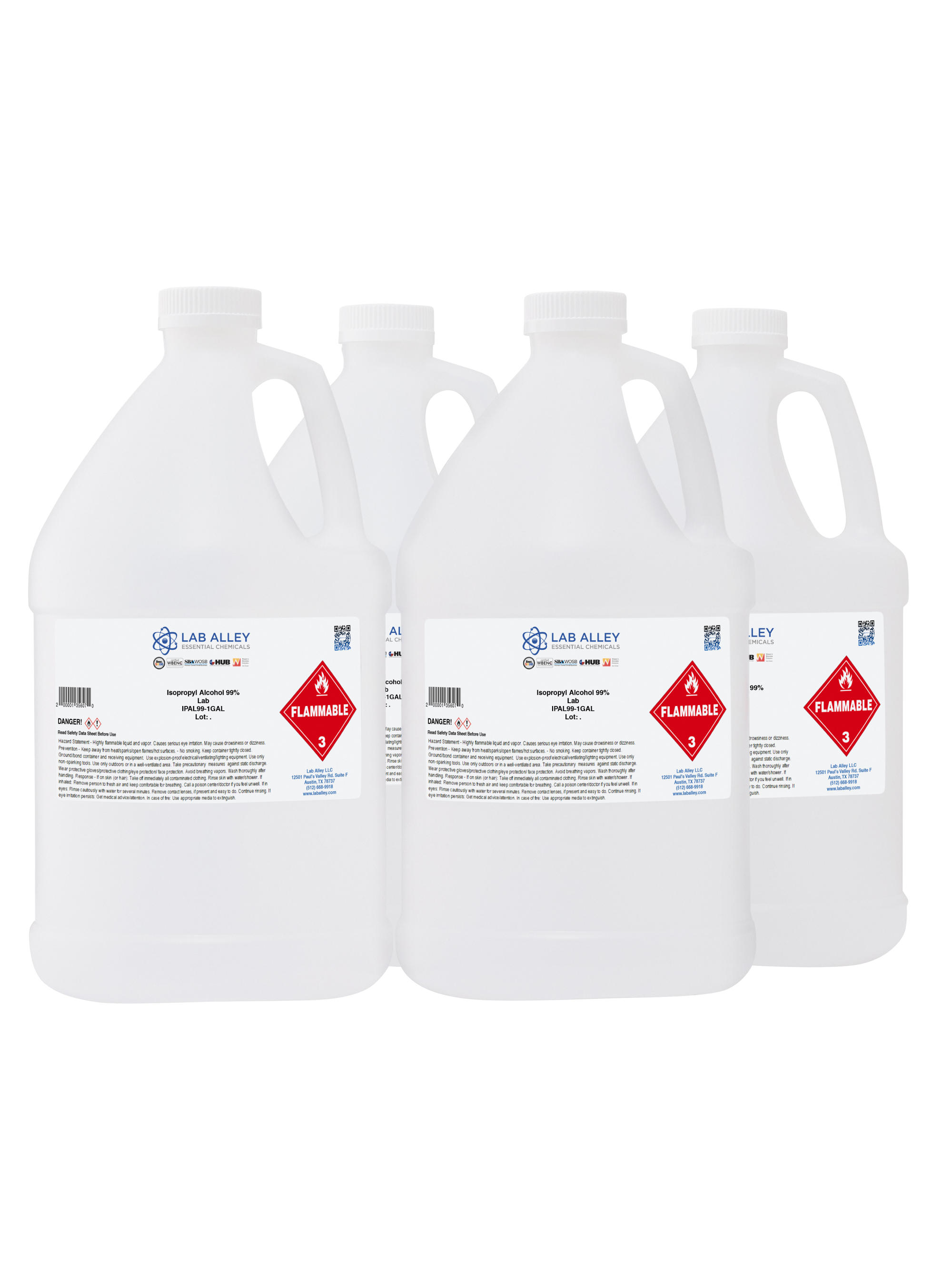
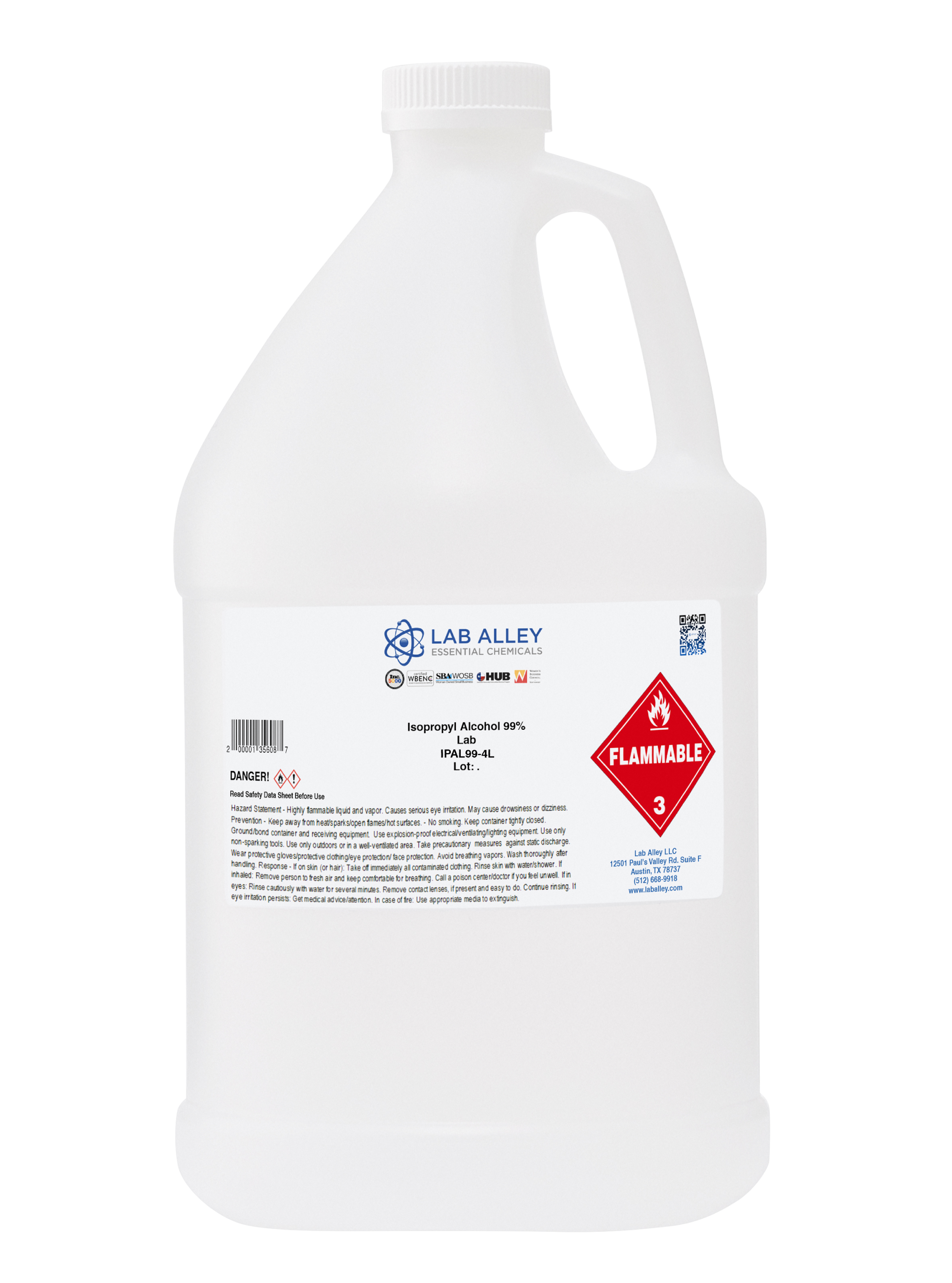
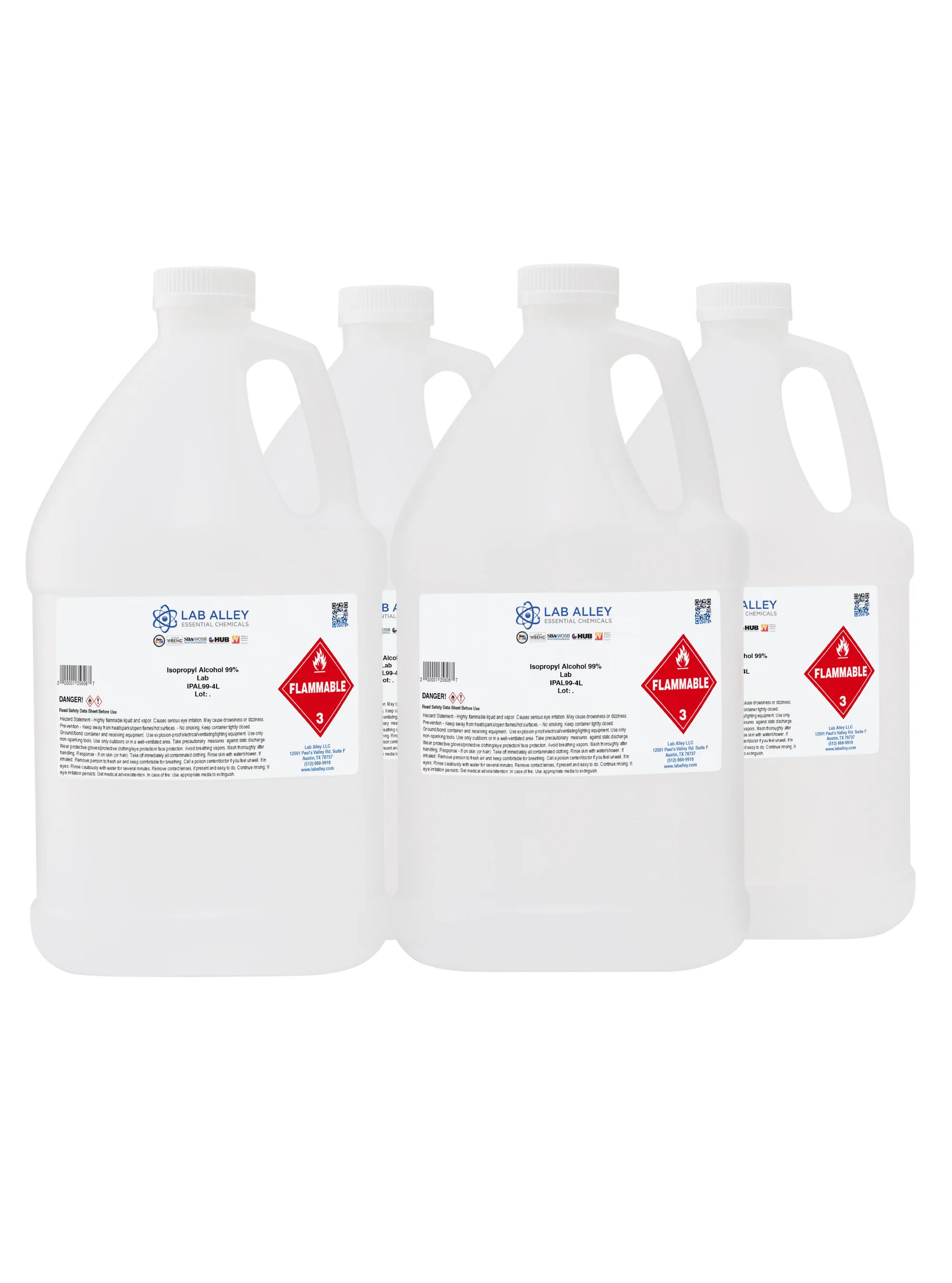
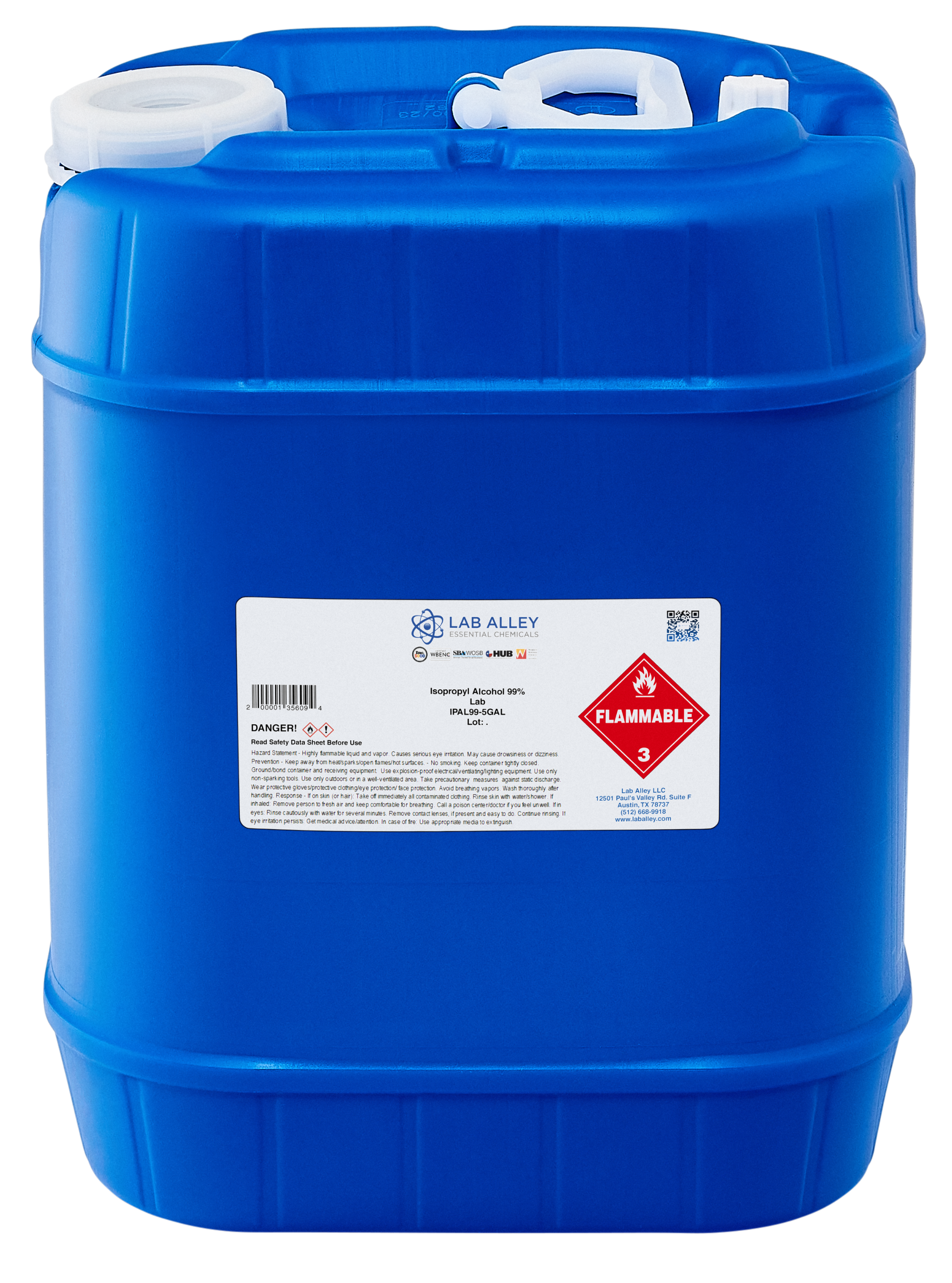
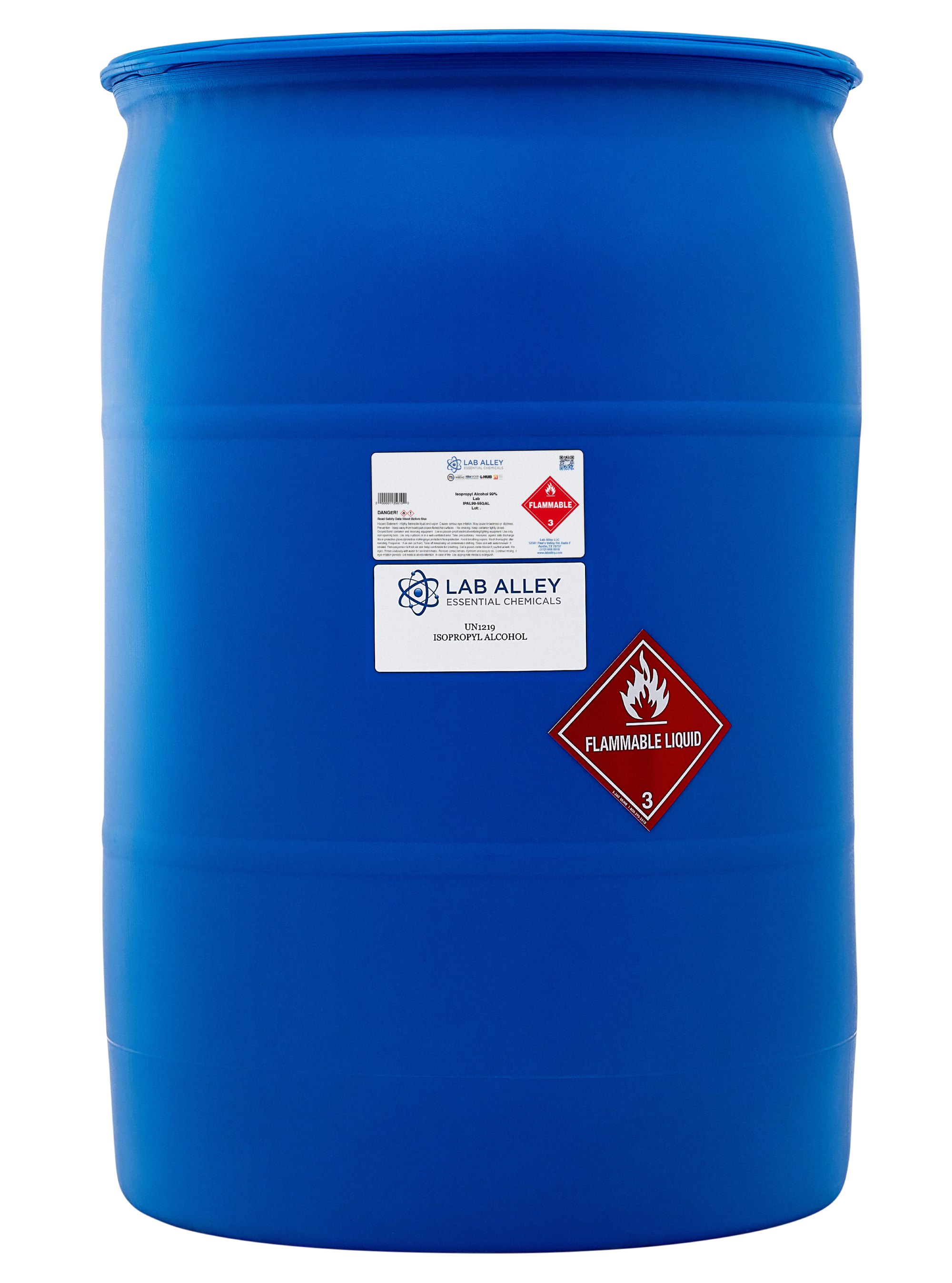
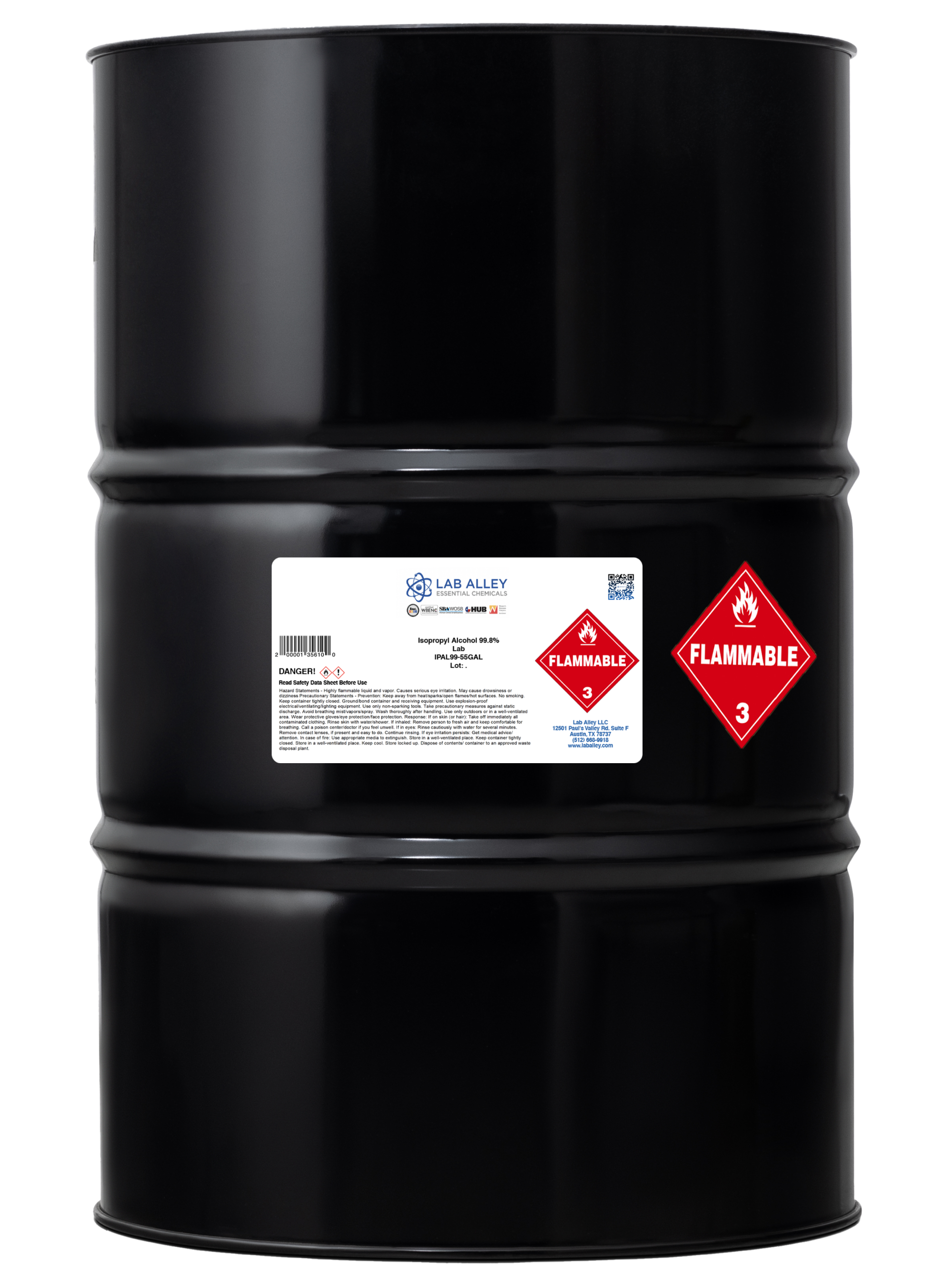
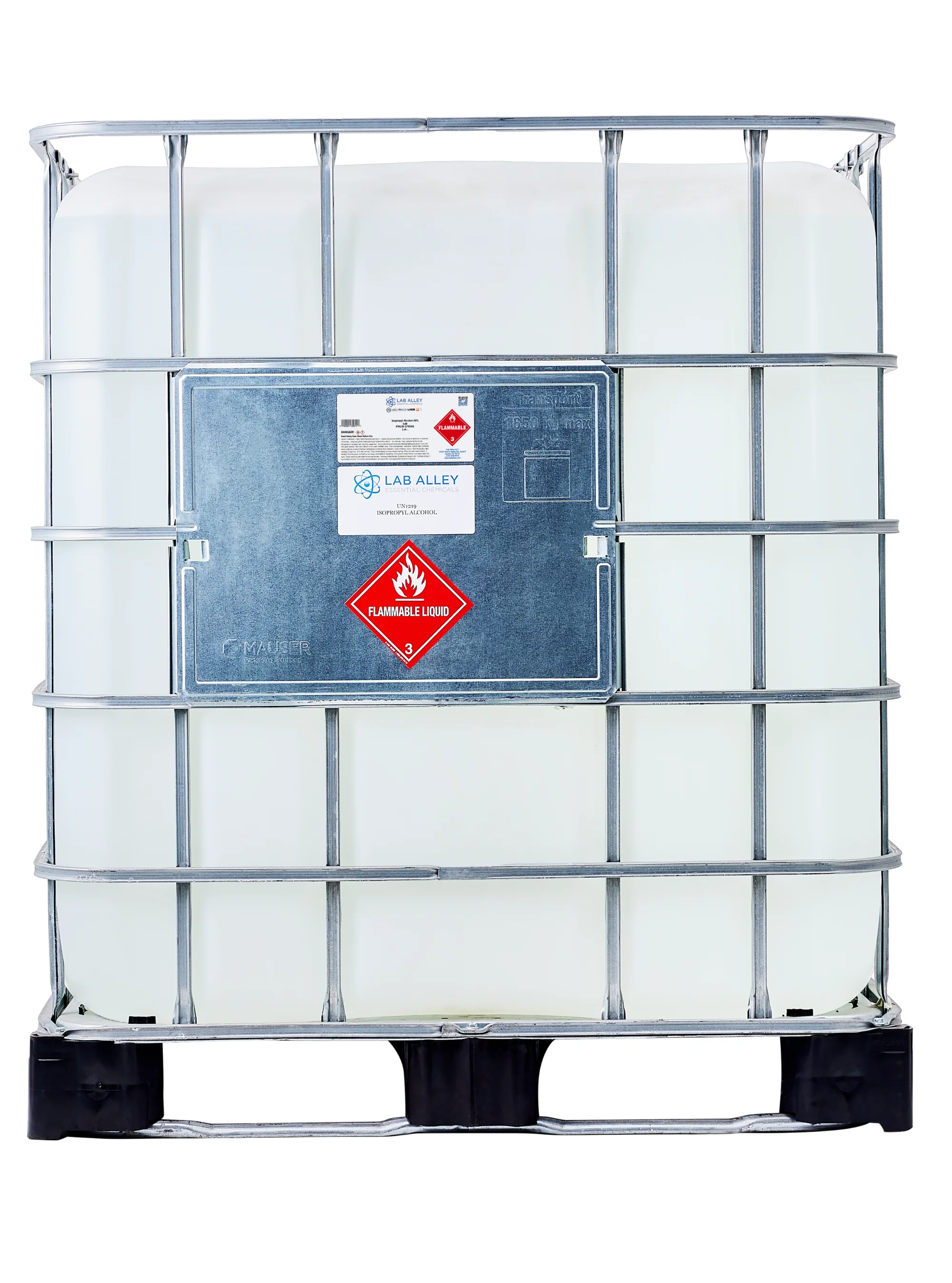
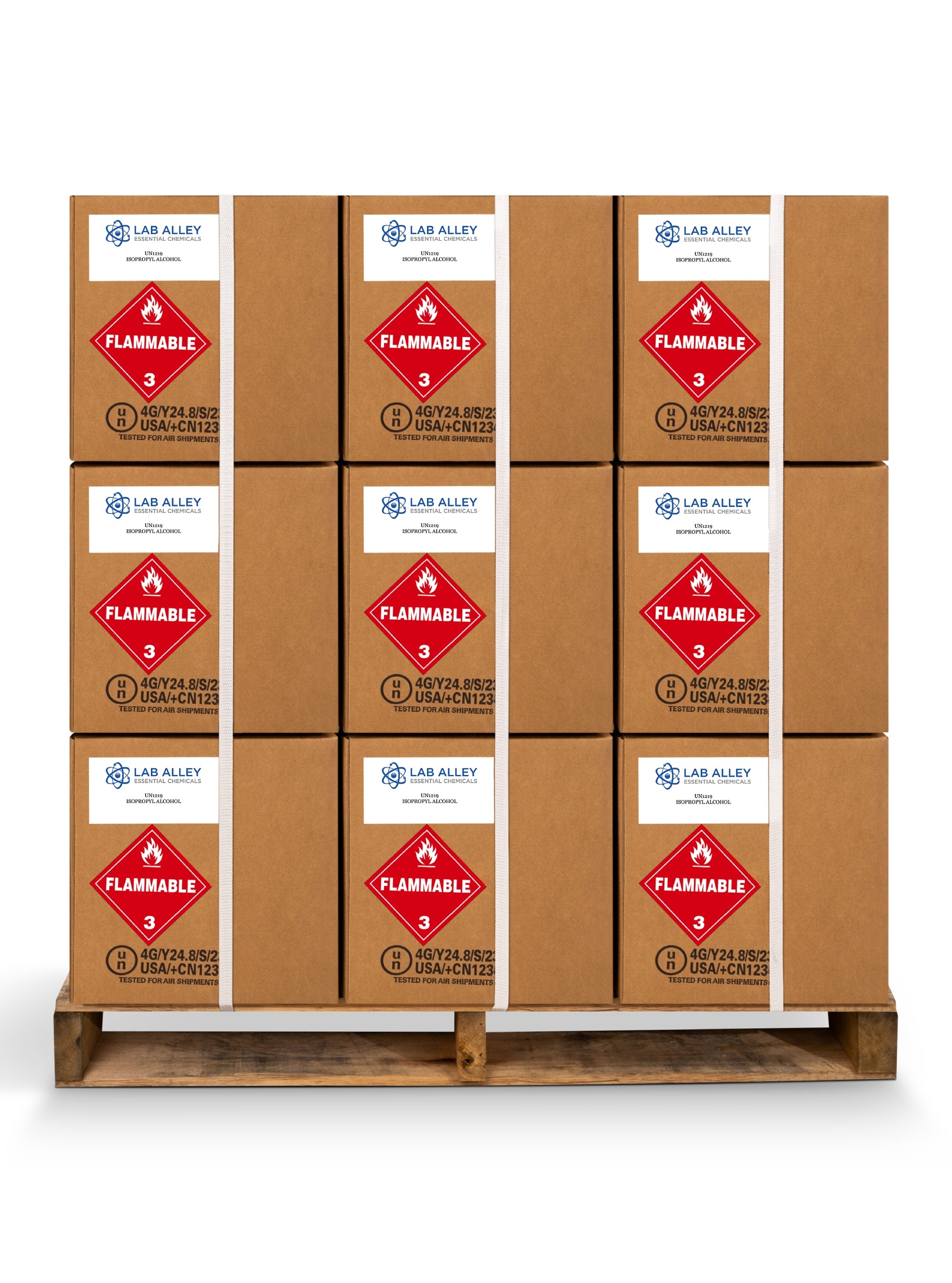
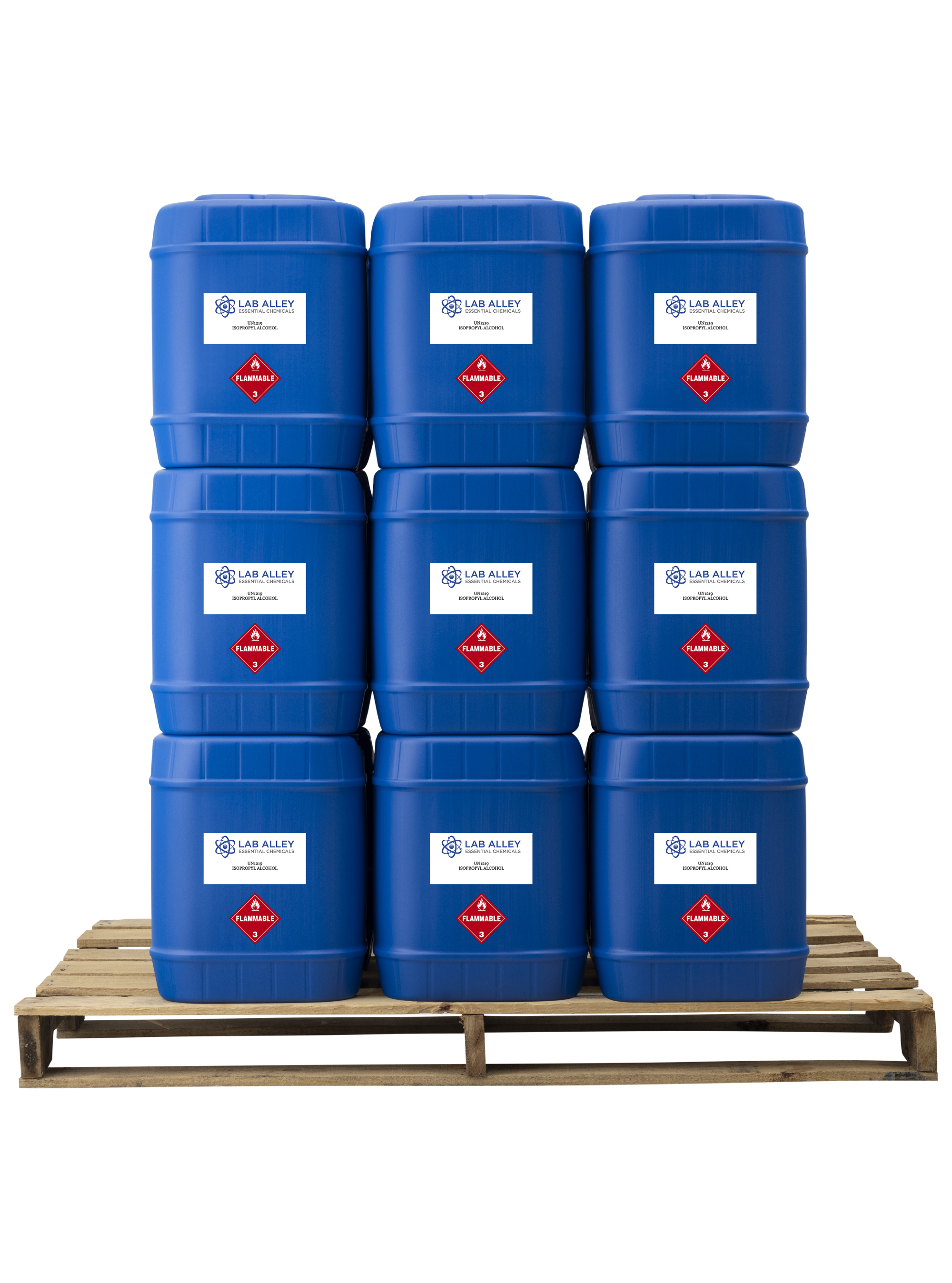














Isopropyl Alcohol 99.8% Lab Grade
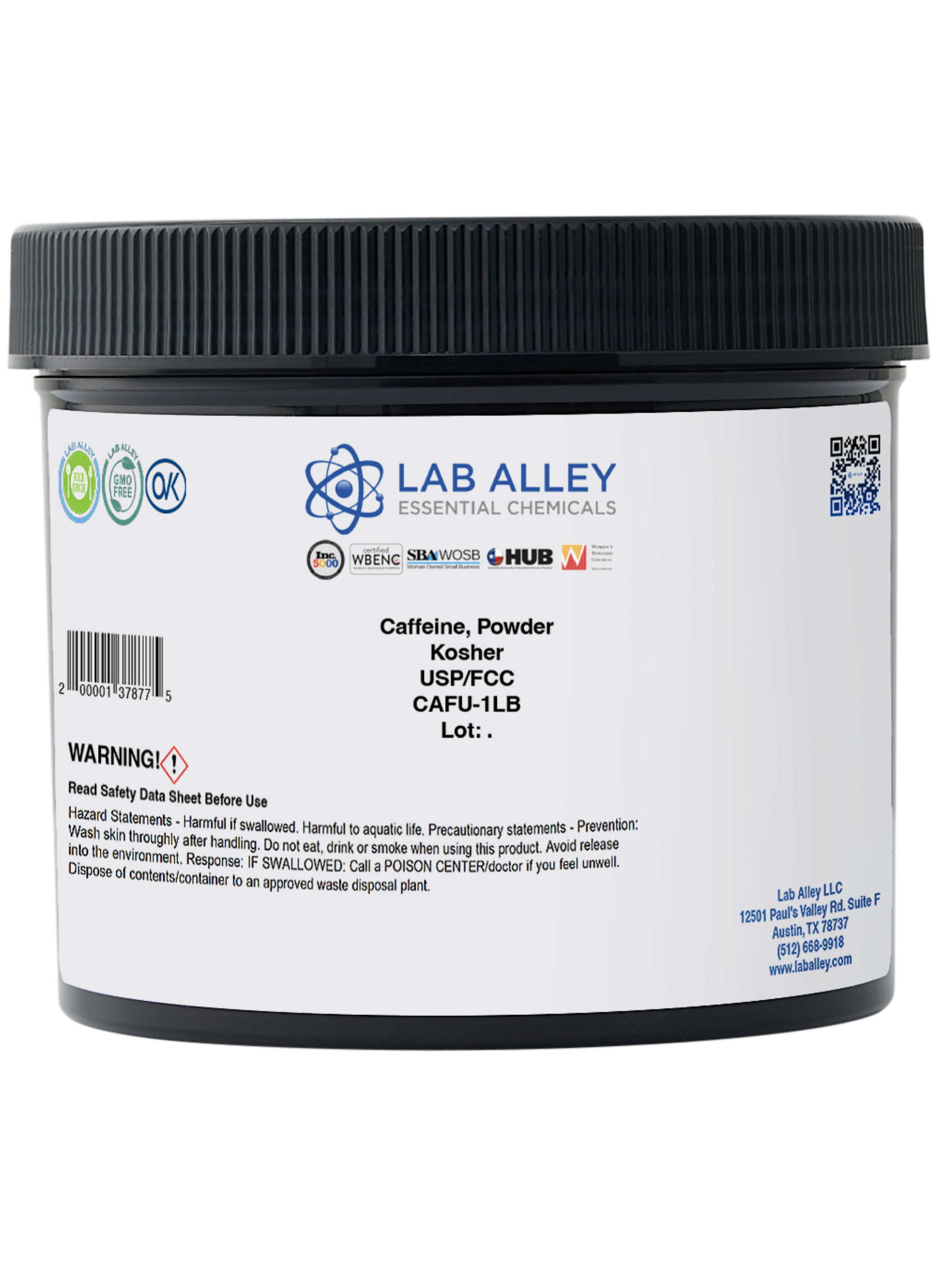
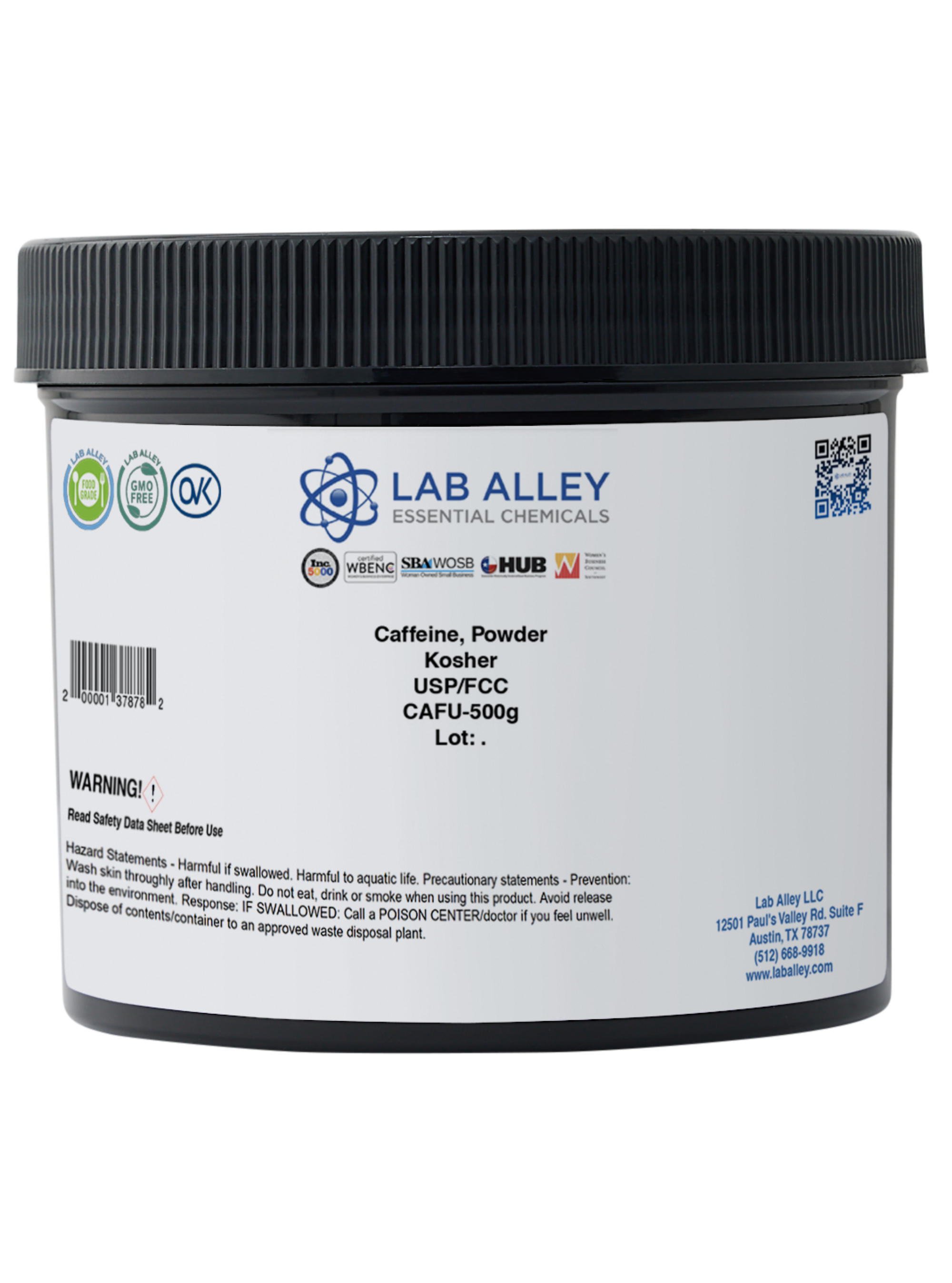
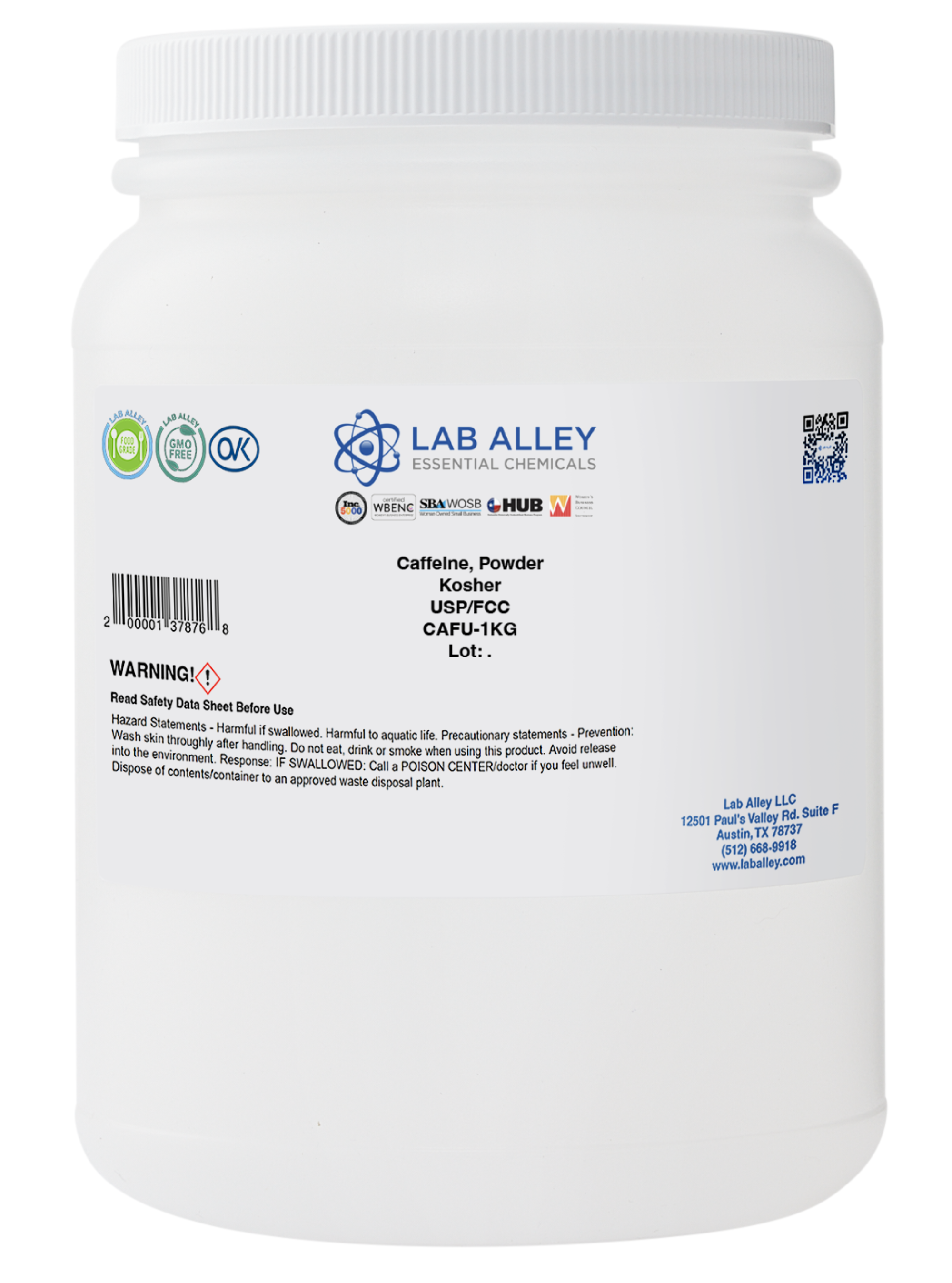
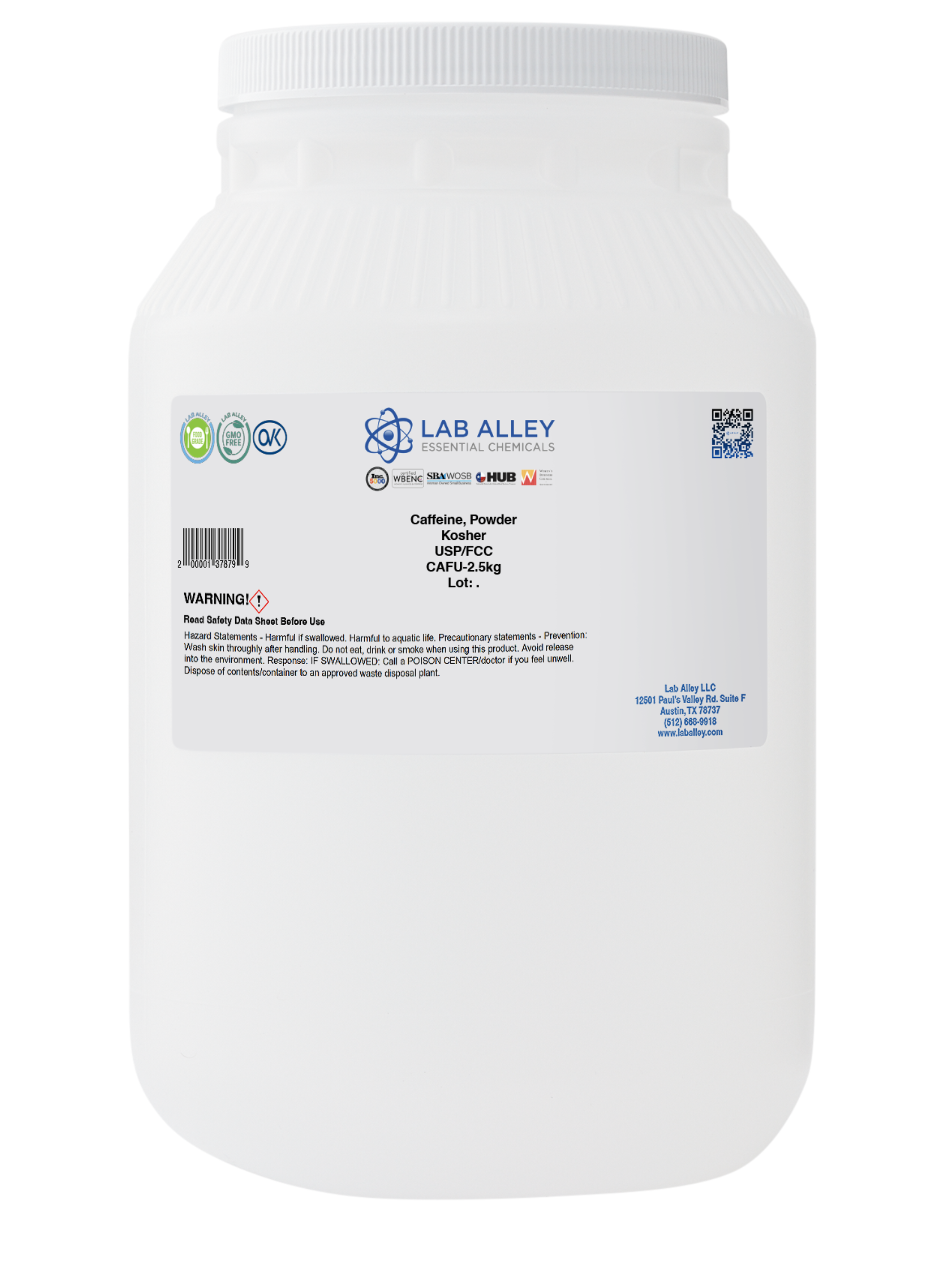
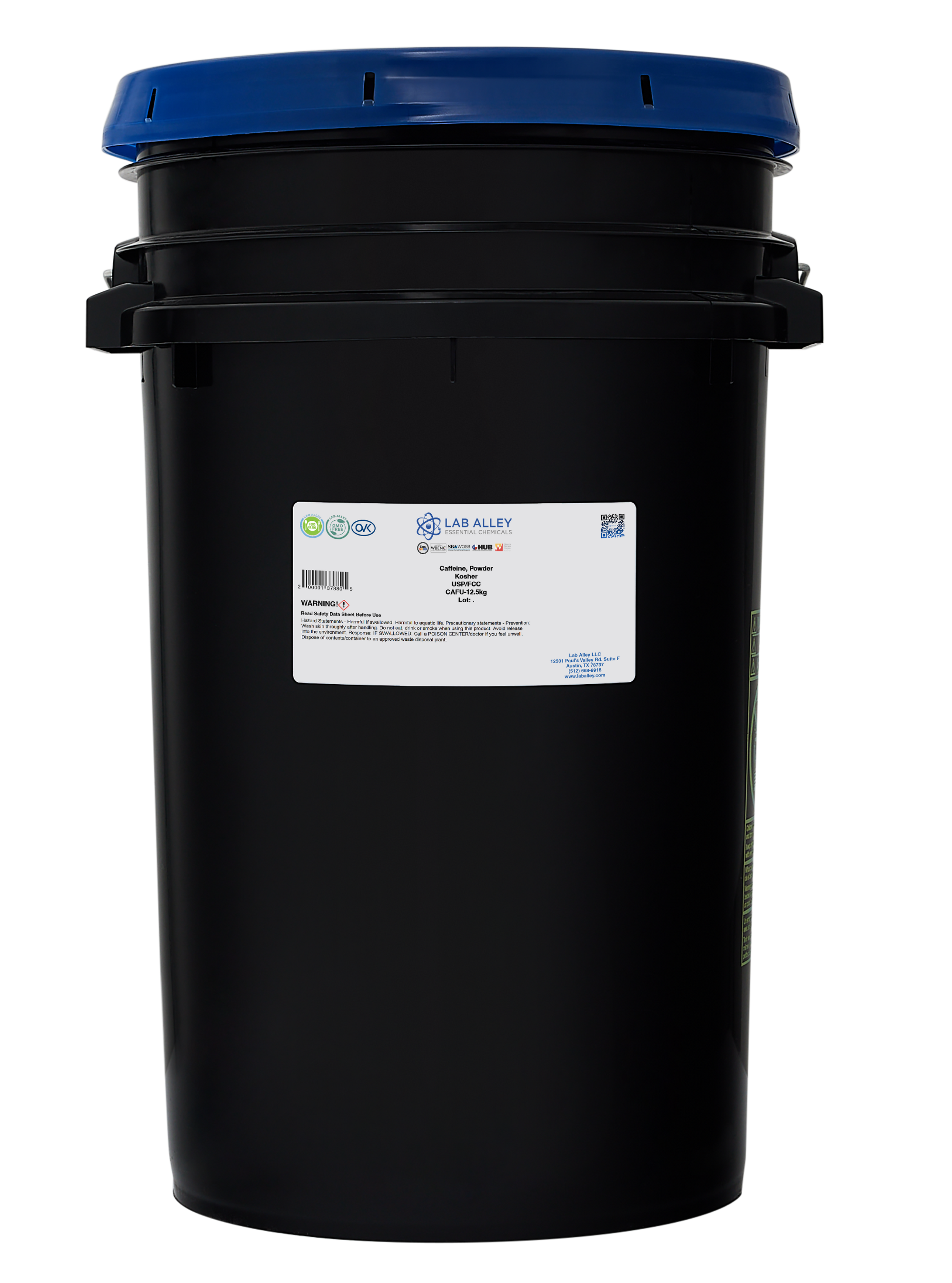
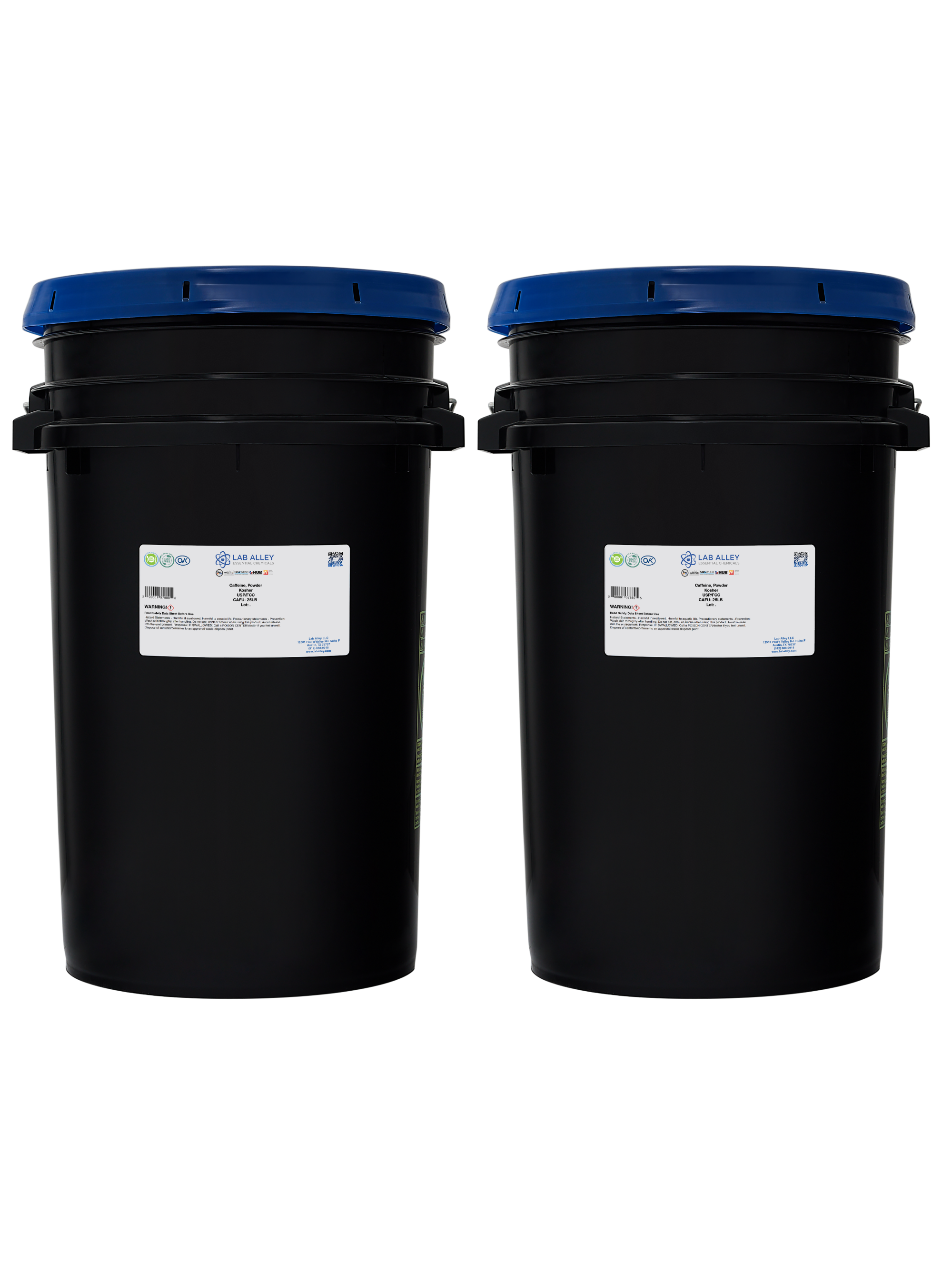
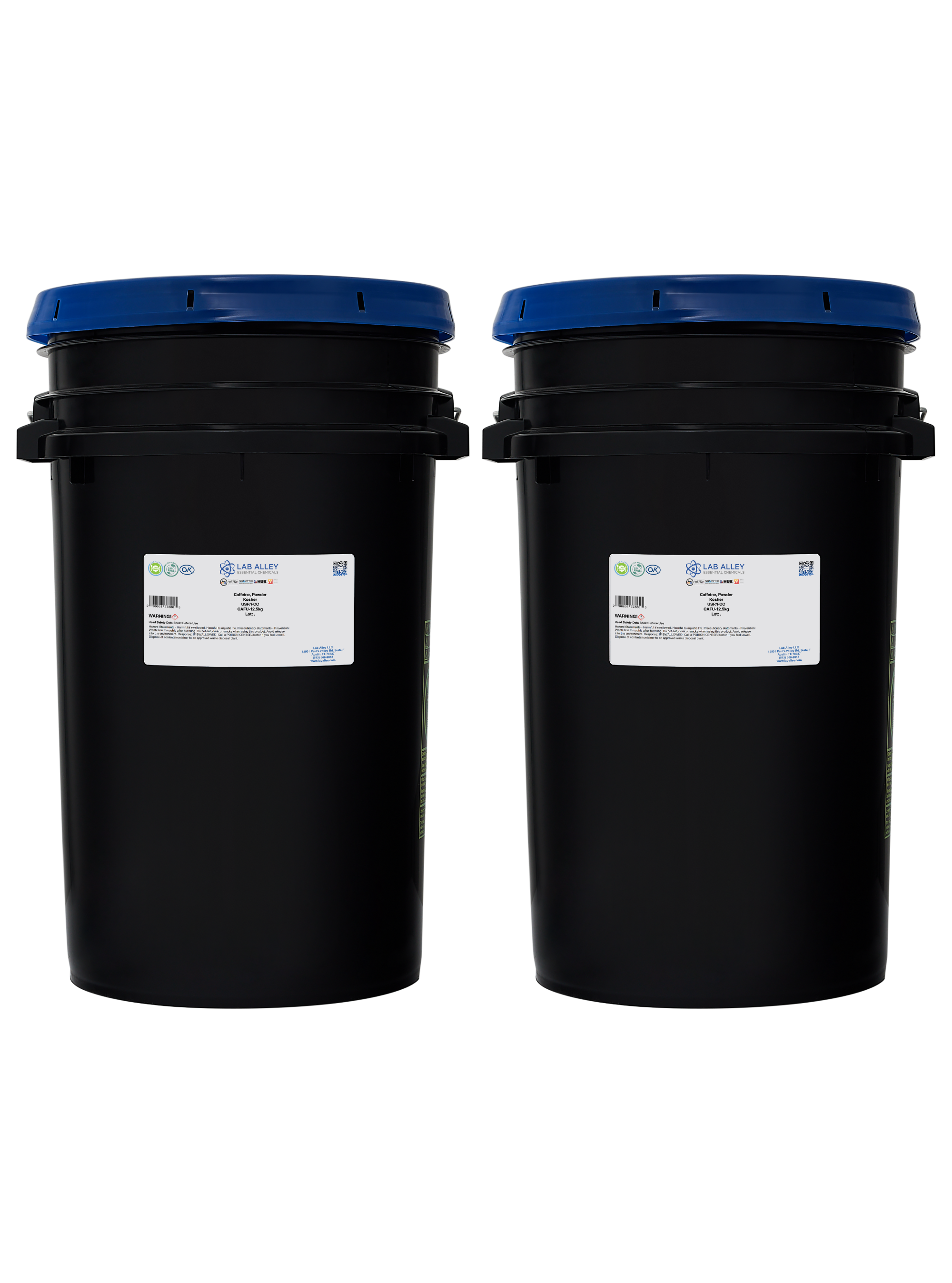













Caffeine Powder, USP/FCC/Food Grade, Kosher, Halal

Customer Stories
Real reviews from real customers.

Industries
Find chemicals for your industry.

Product Categories
Real reviews from real customers.

Product Specs
Product Specification Sheets for essential chemicals.

SDS
Printable chemical material Safety Data Sheet PDFs.

COA
Printable Certificates of Analysis in PDF format.



















